





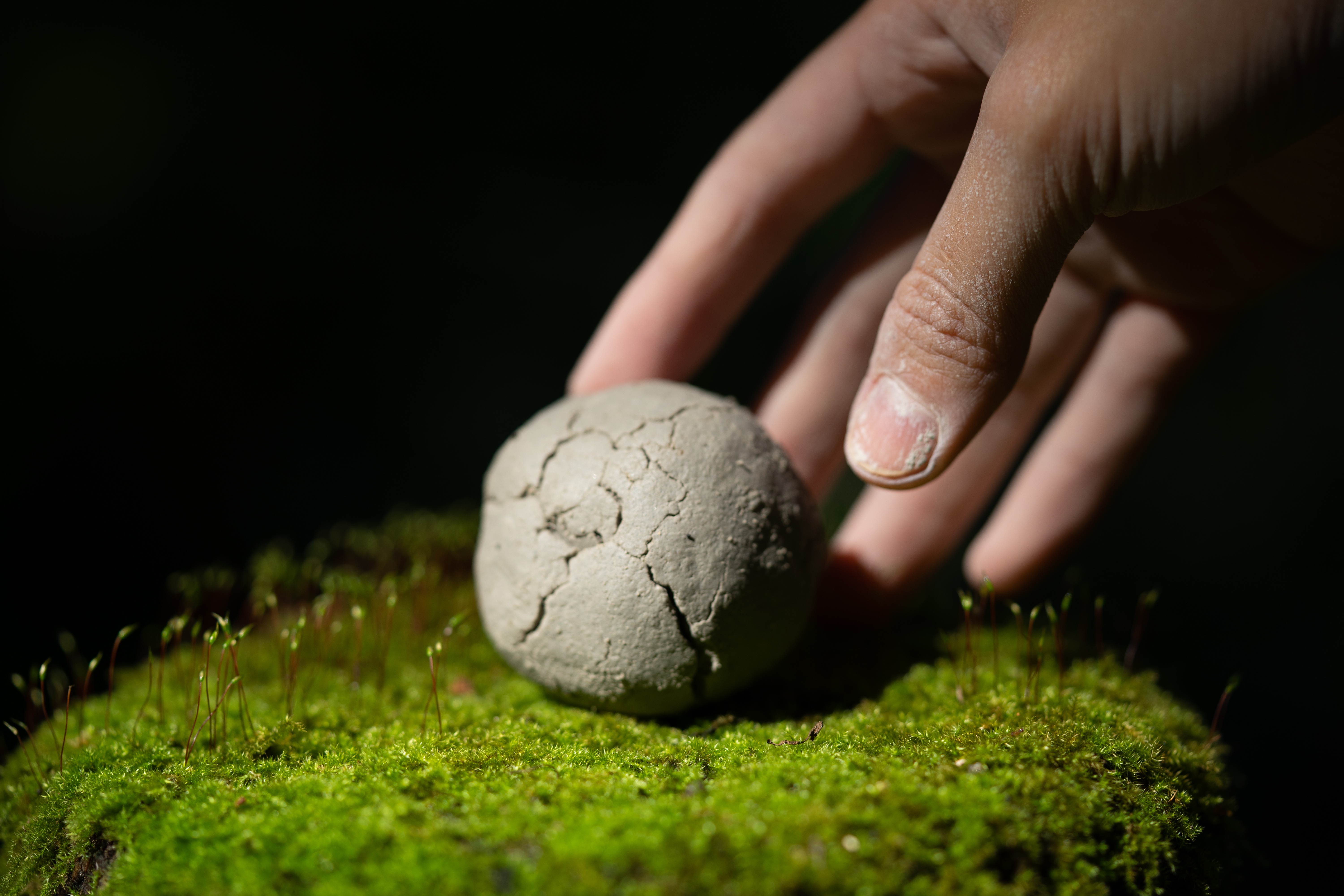
New Type Natural Capital Prize
True Circulation; death connects birth.
Group:Keio University SFC, BIOTA inc.
Description
In an age when such funerals have become commonplace, could the way we view death change?
This work proposes a new burial method based on the theme of “death and circulation,” in which the body of the deceased is returned to the soil, decomposed by microorganisms, and incorporated into a larger ecological cycle.
Detailed explanation of the submitted project or idea.
“After 20 years, your body will be completely returned to the earth and incorporated into the material cycle of the ecosystem.”
Could the way we view death change when such funerals become the norm?
This work proposes a new burial method that could occur in the future based on the theme of “death and circulation,” in which the body of the deceased is returned to the soil and incorporated into a larger ecological cycle by having microorganisms decompose it.
The work consists of four parts: a landscape of a tree burial and its ritual, a diagram representing material and emotional changes, and a visualization of a microbial ecosystem.
After the cremation of the deceased, the bereaved family members follow a procedure to mix the remains of the deceased (powdered bones) with clay soil to create a sphere. In this process, the bereaved family members recall their feelings and memories of the deceased. The spheres are then offered for burial in a natural environment or garden, according to the wishes of the deceased. Alternatively, the sphere can be buried at home in a special ecosystem-building planter.
The spheres are exposed to the natural environment, including rain and wind, for two months (49 days) to mix with the soil and decompose. Specifically, after cremation, the bones are crushed and powdered to 2 mm in diameter, which provides 2,000 times more surface area than if the bones were not powdered. As a result, they dissolve in the soil in about 30 years. The calcium phosphate is metabolized by microorganisms, and plants absorb phosphorus and grow. The growing plants attract insects and small animals that prey on the insects, which in turn expands the ecosystem and leads to new life beyond the species.

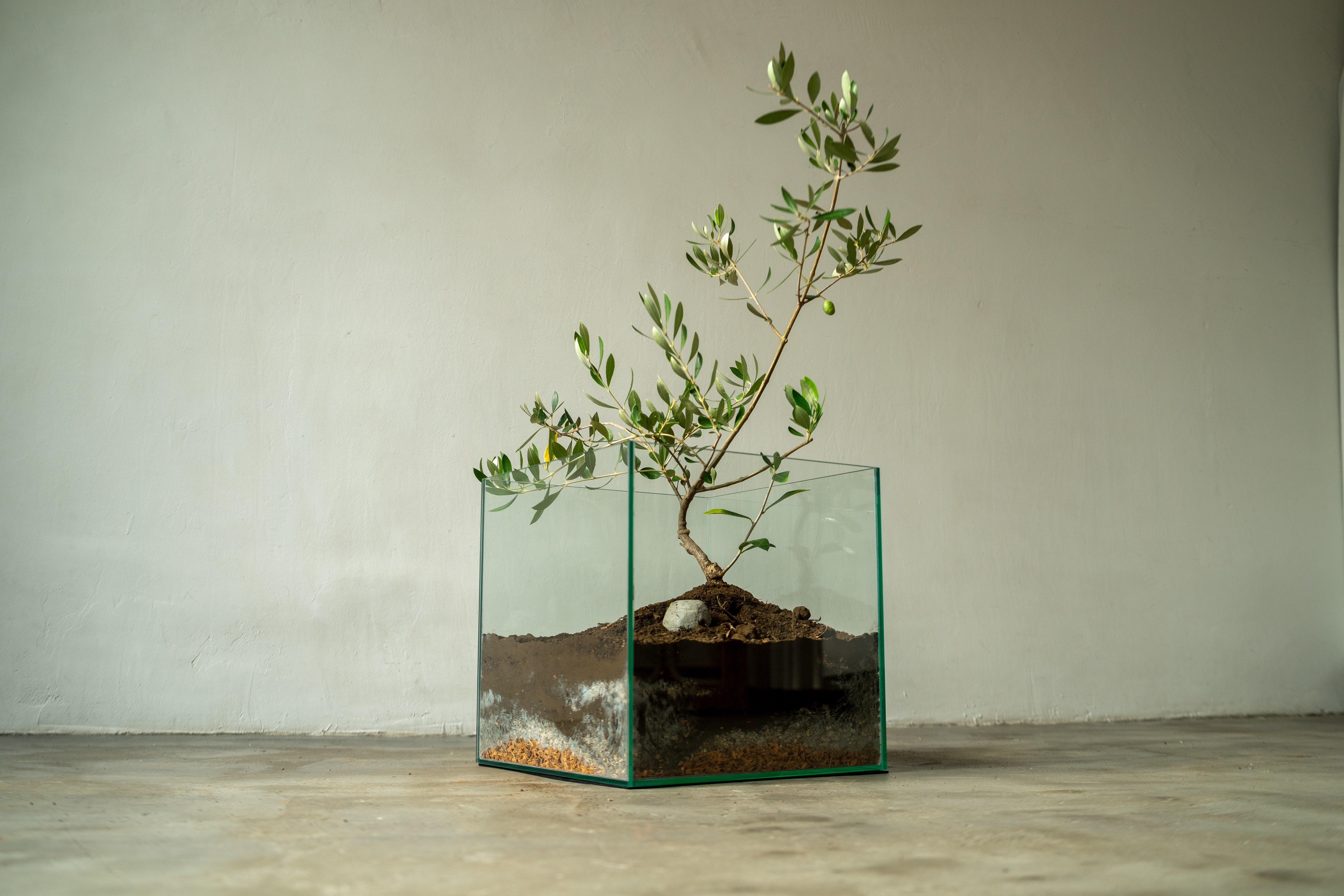
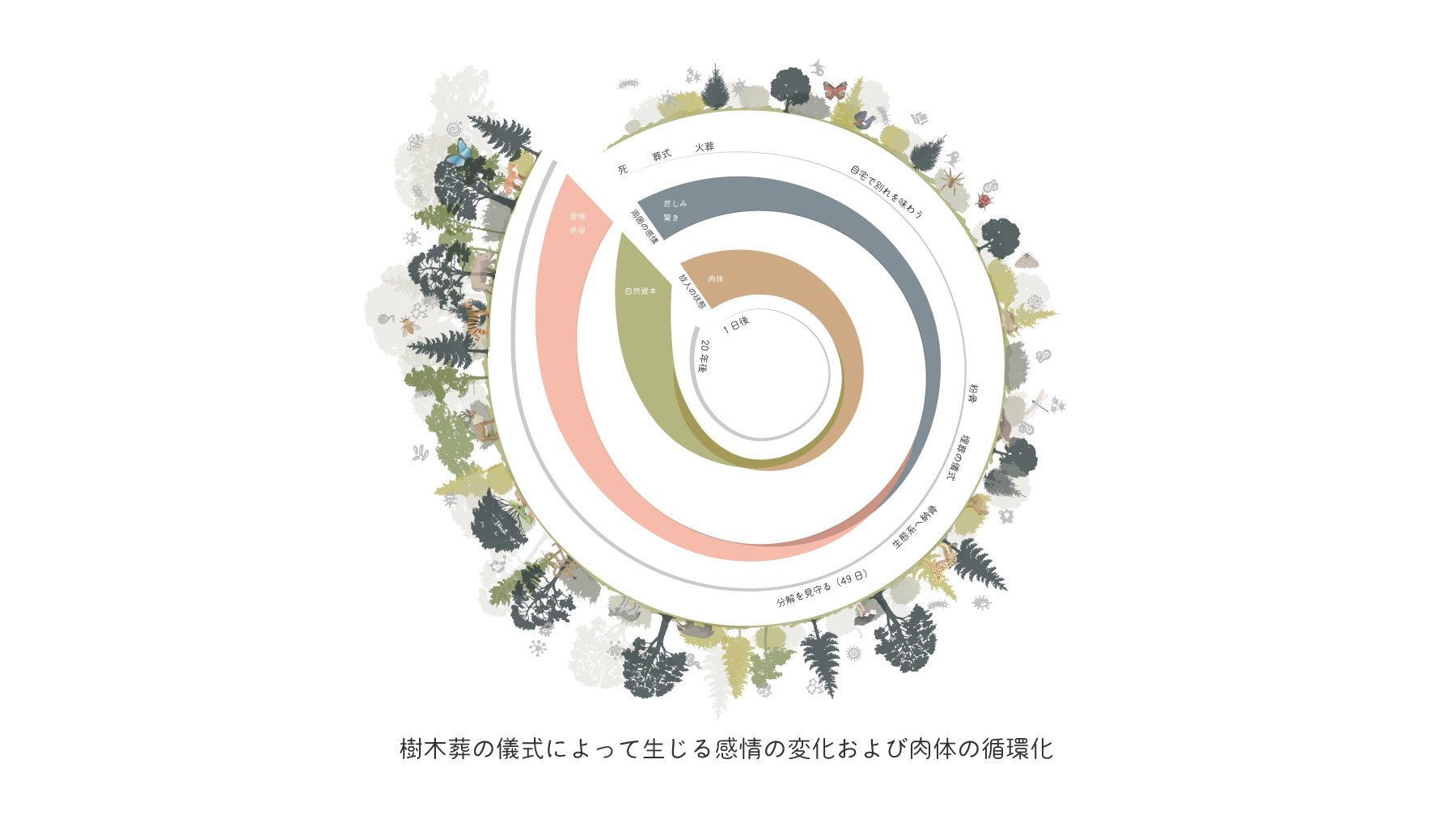
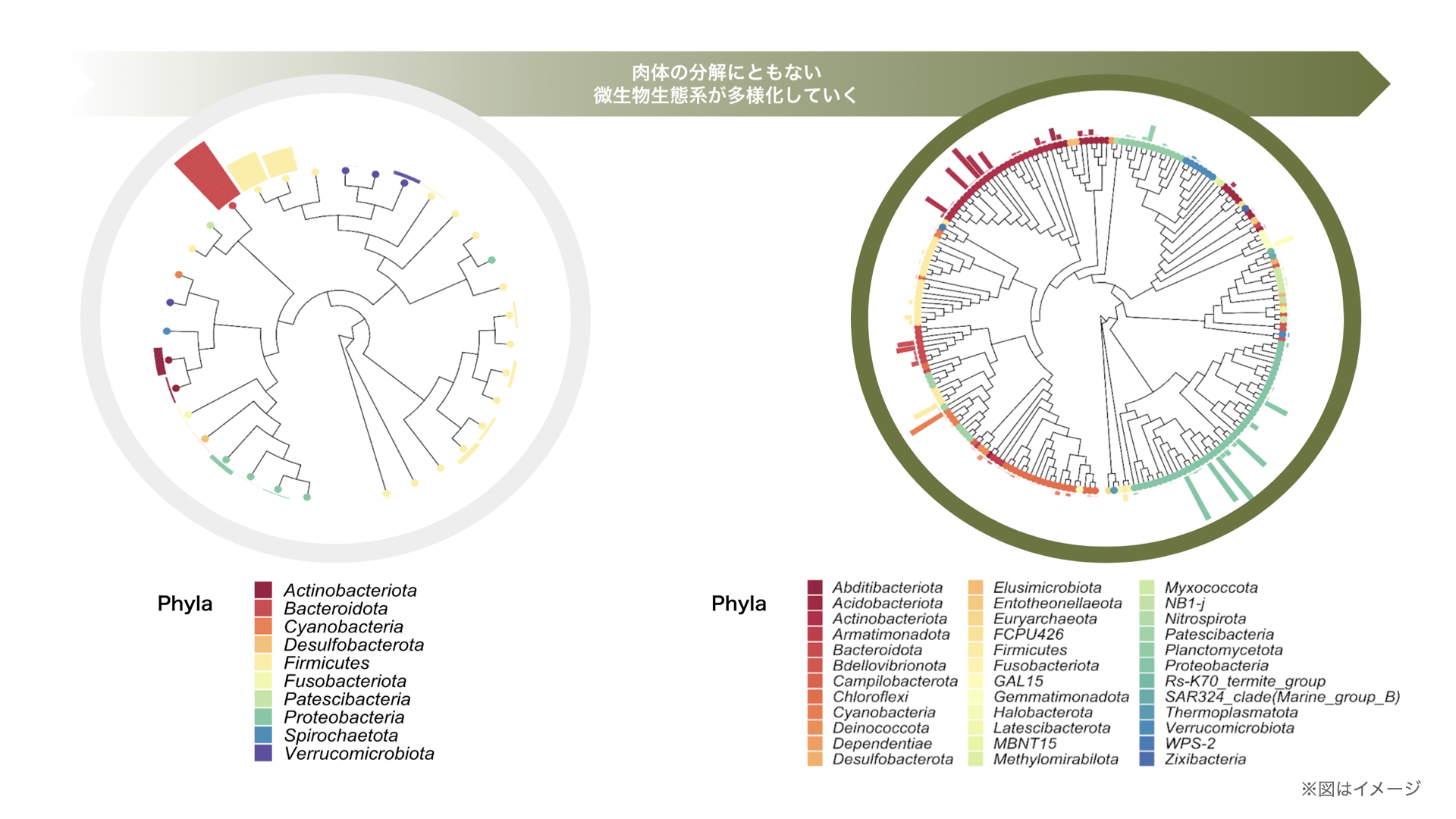






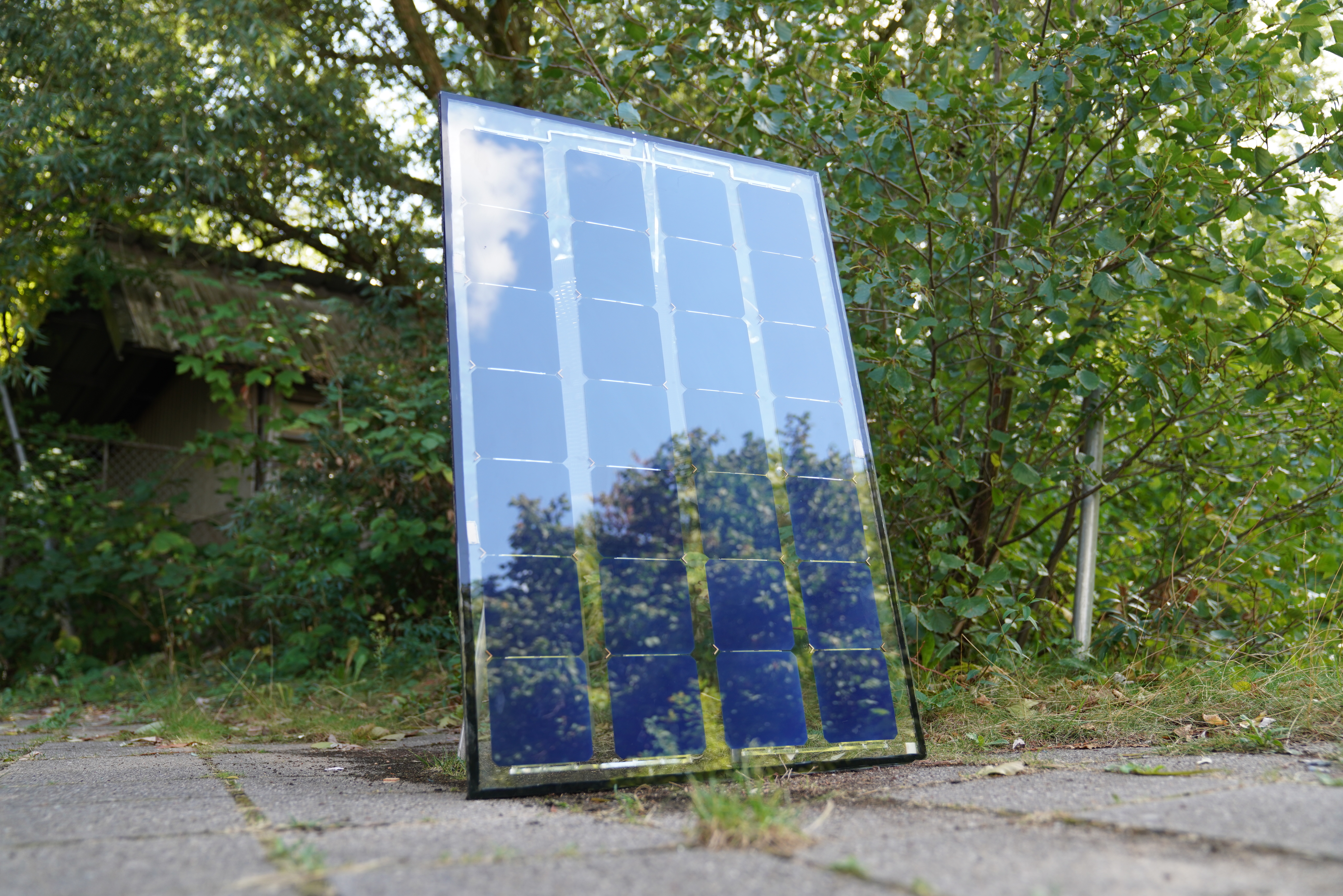
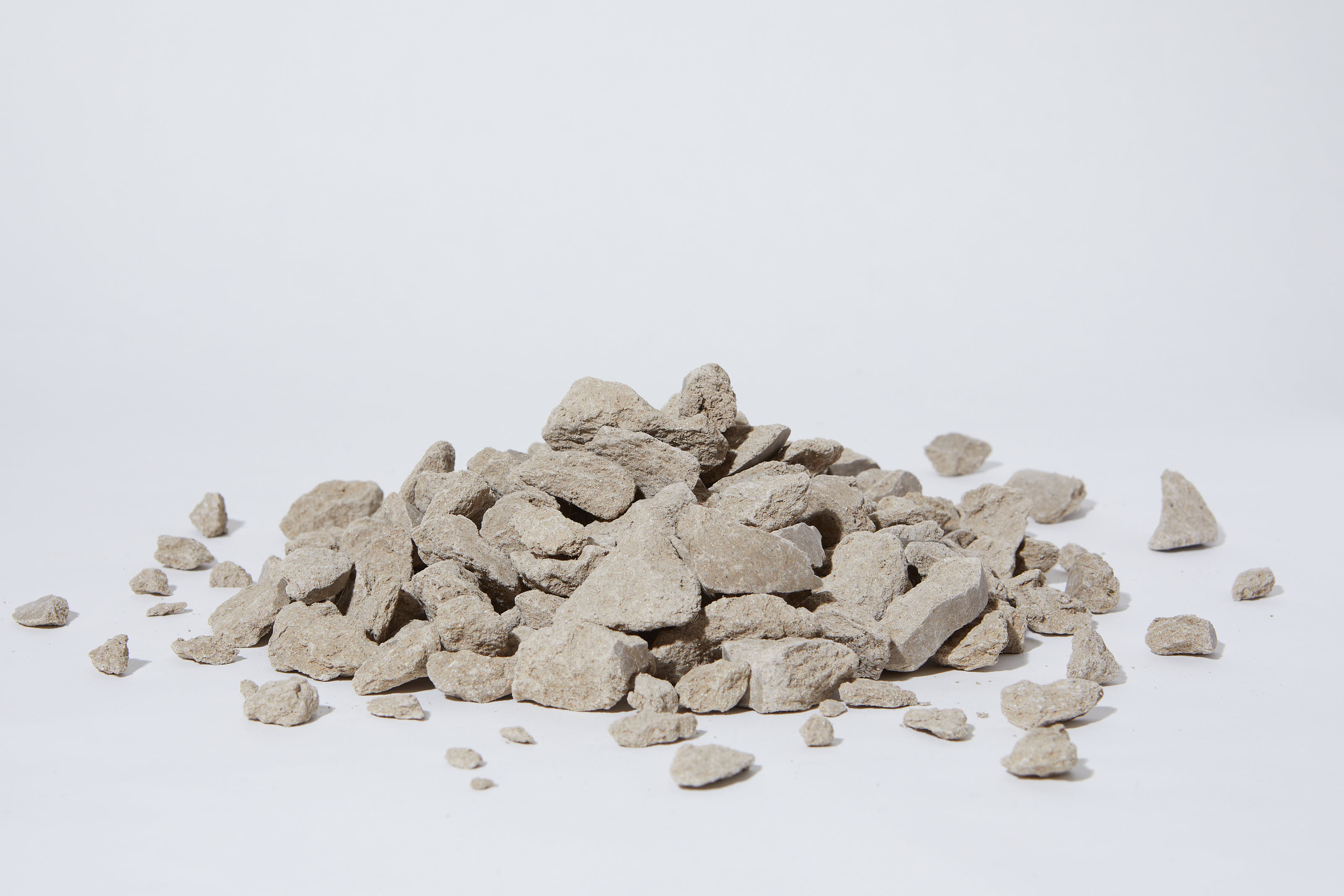

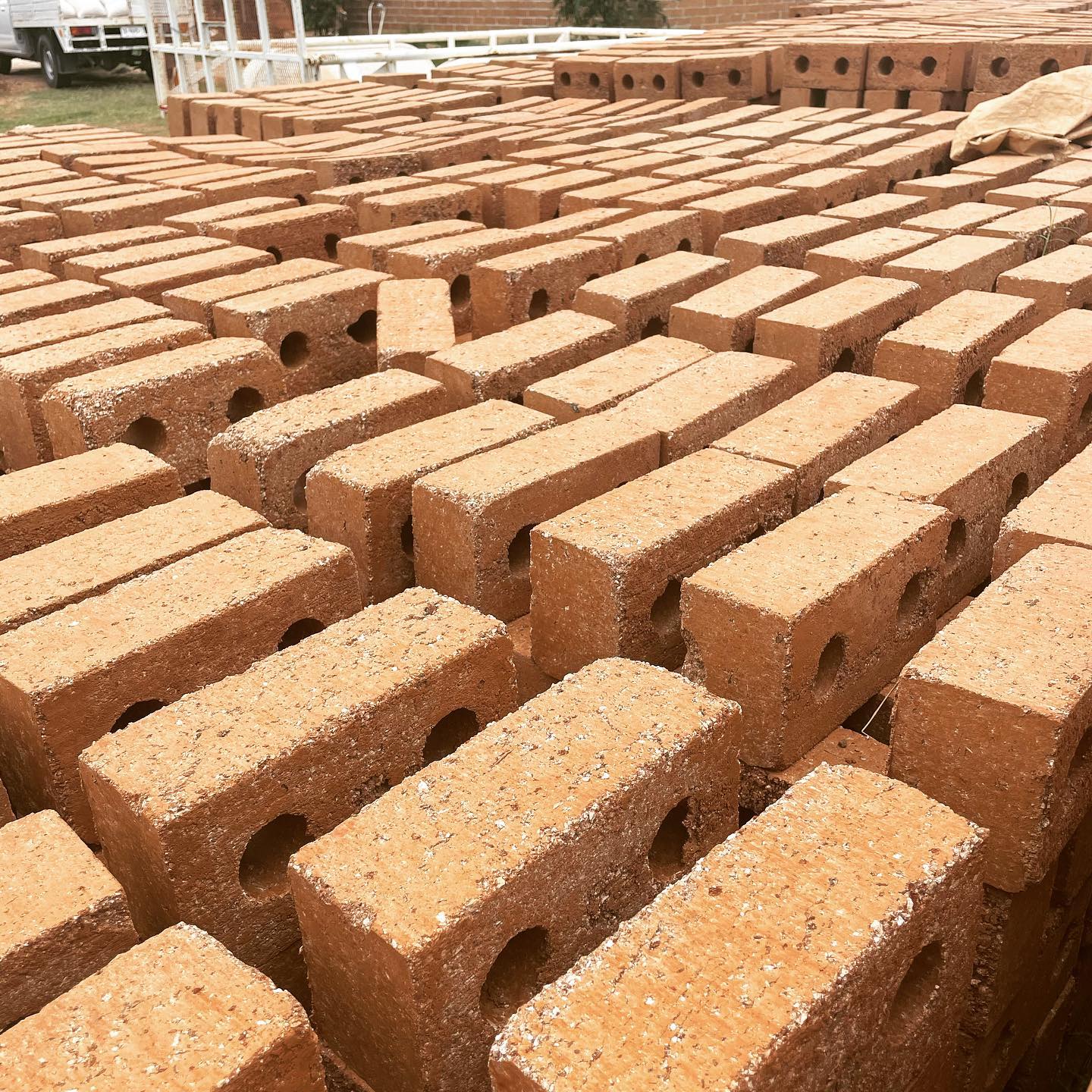
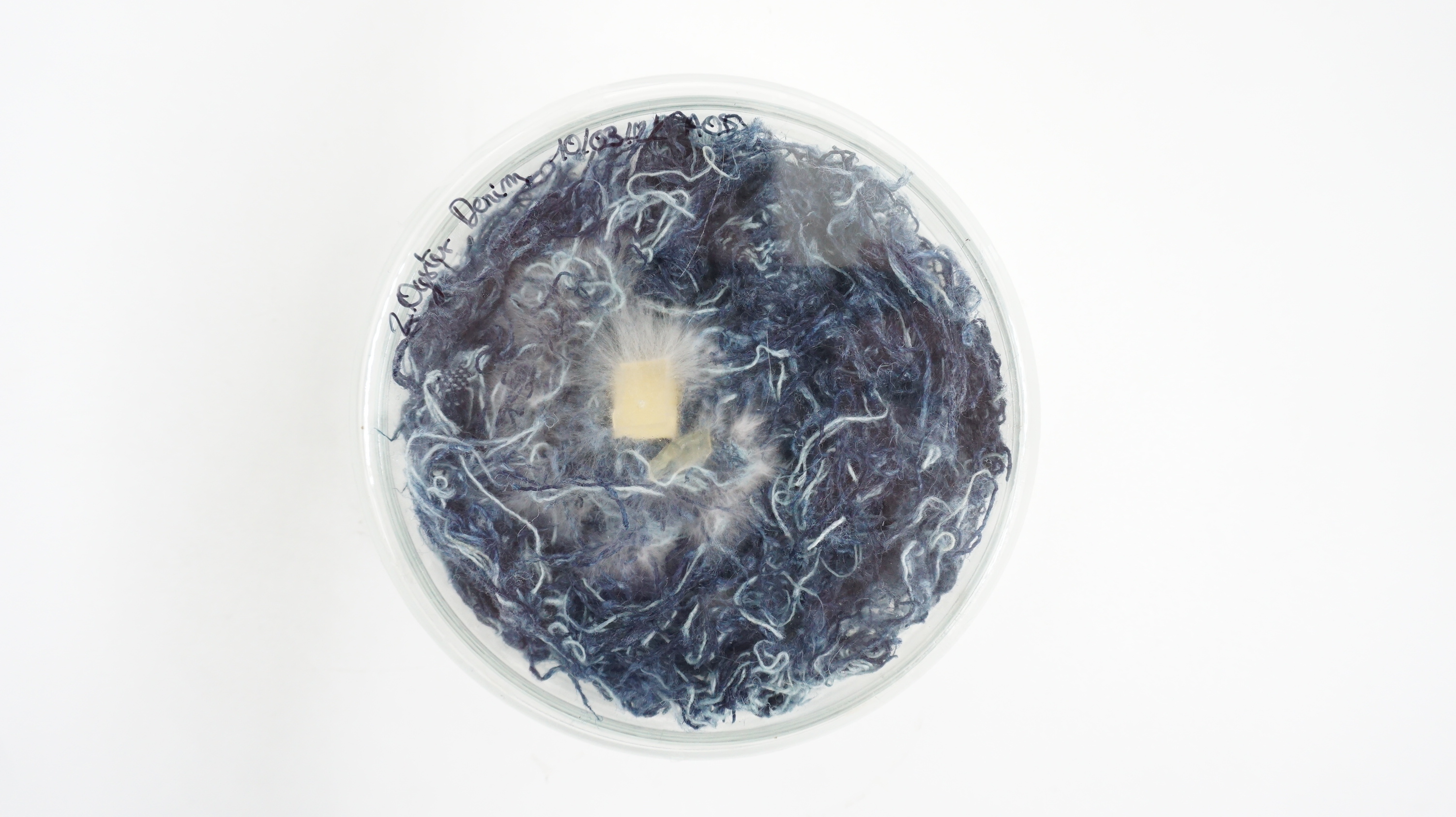

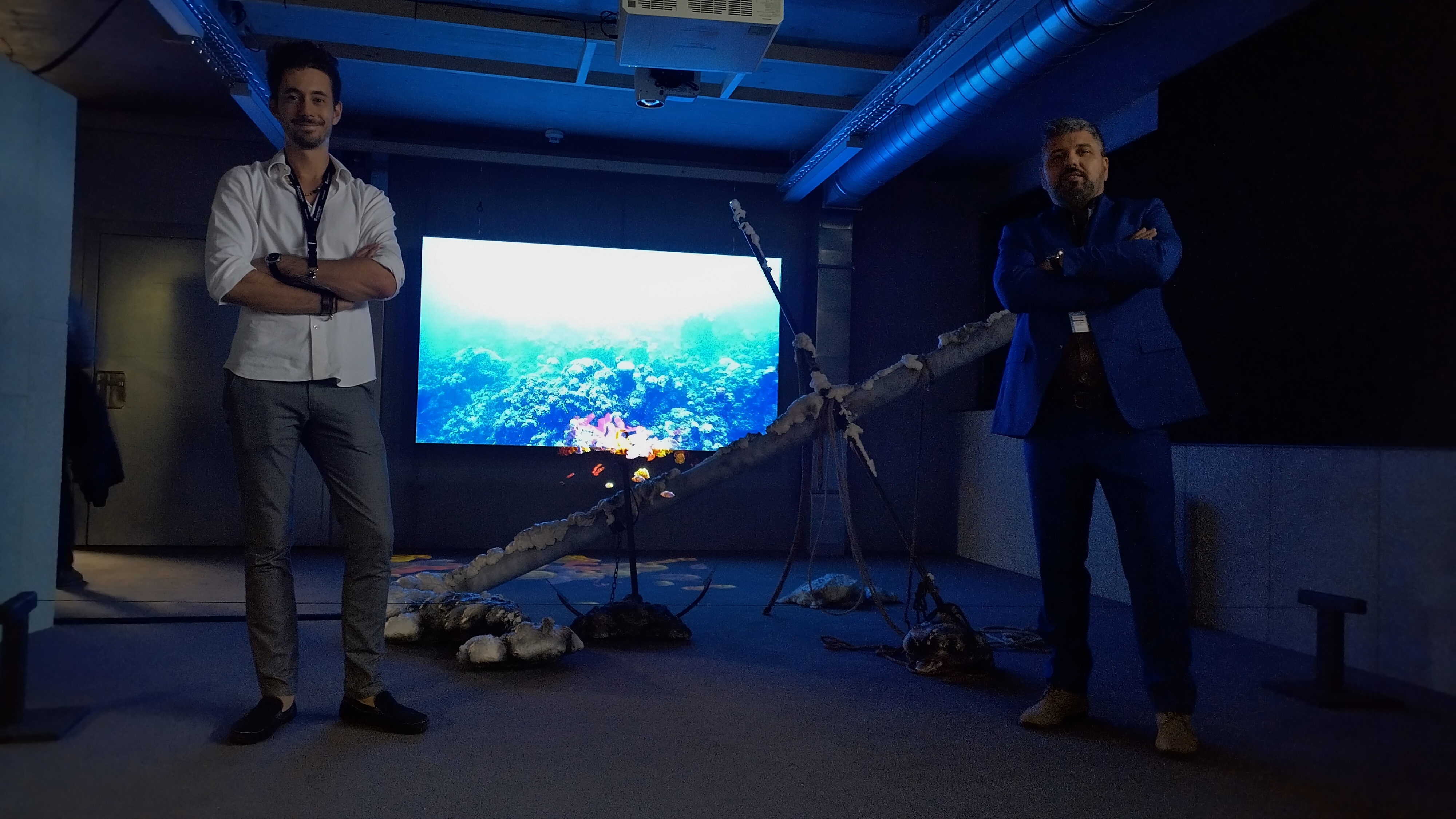
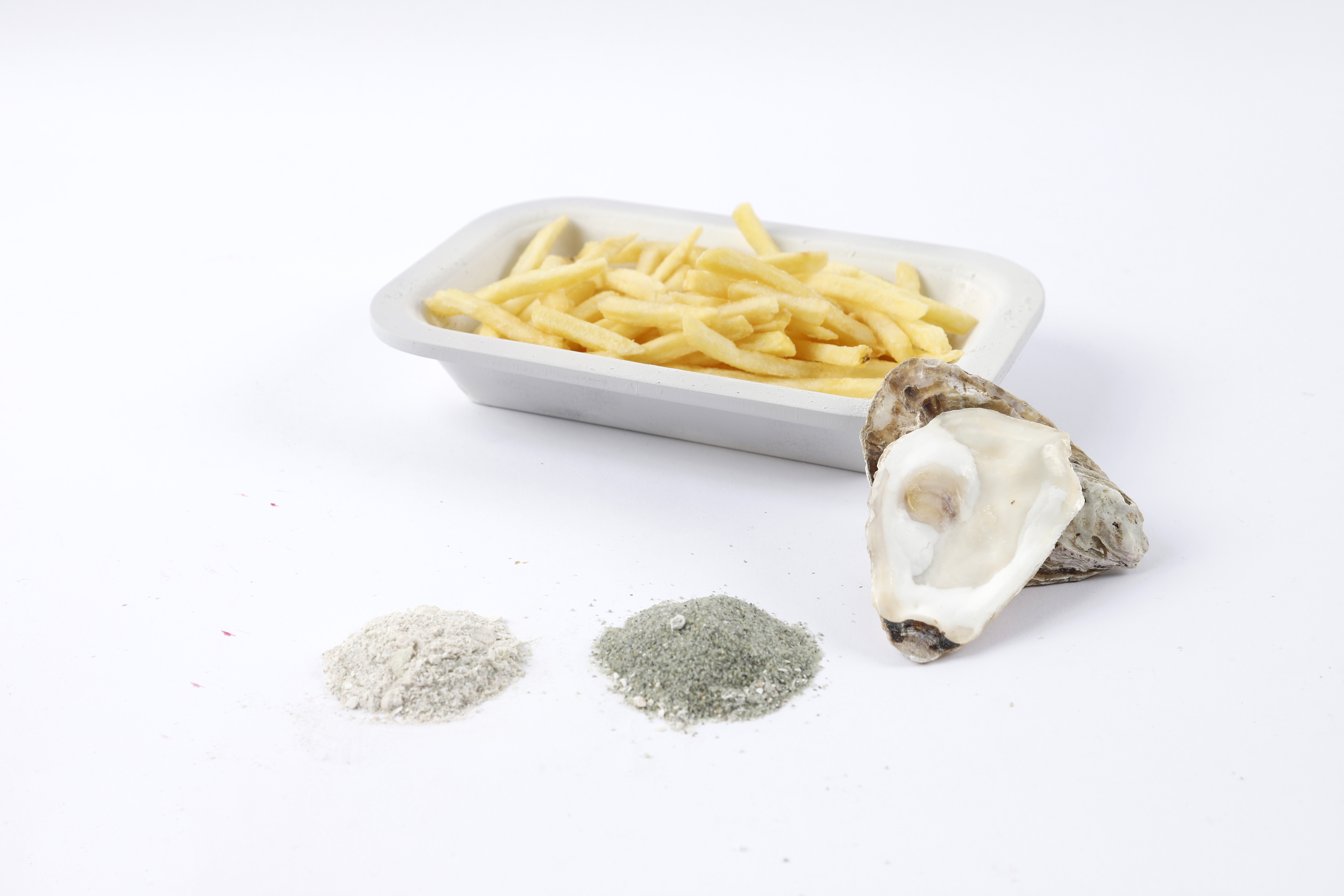
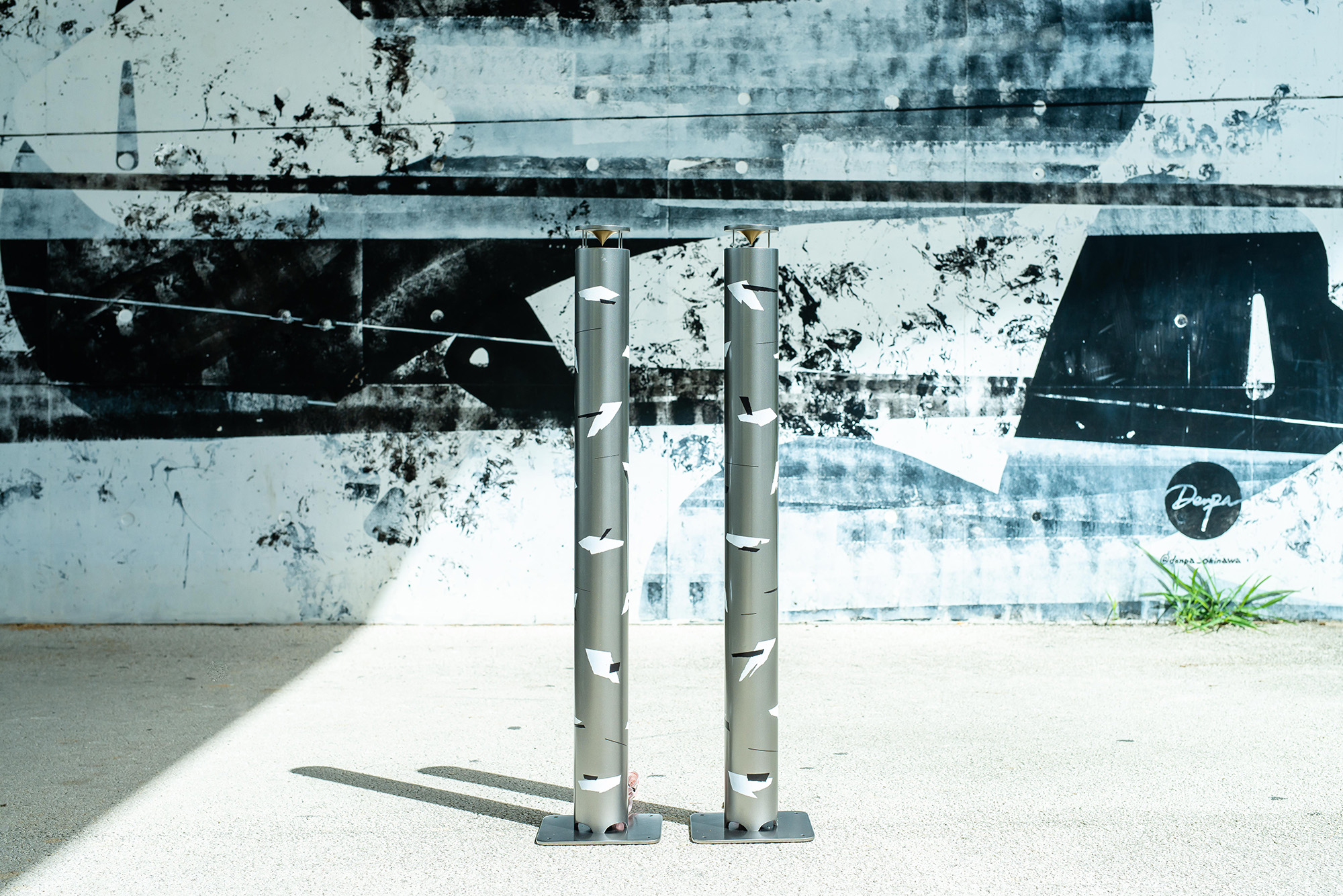
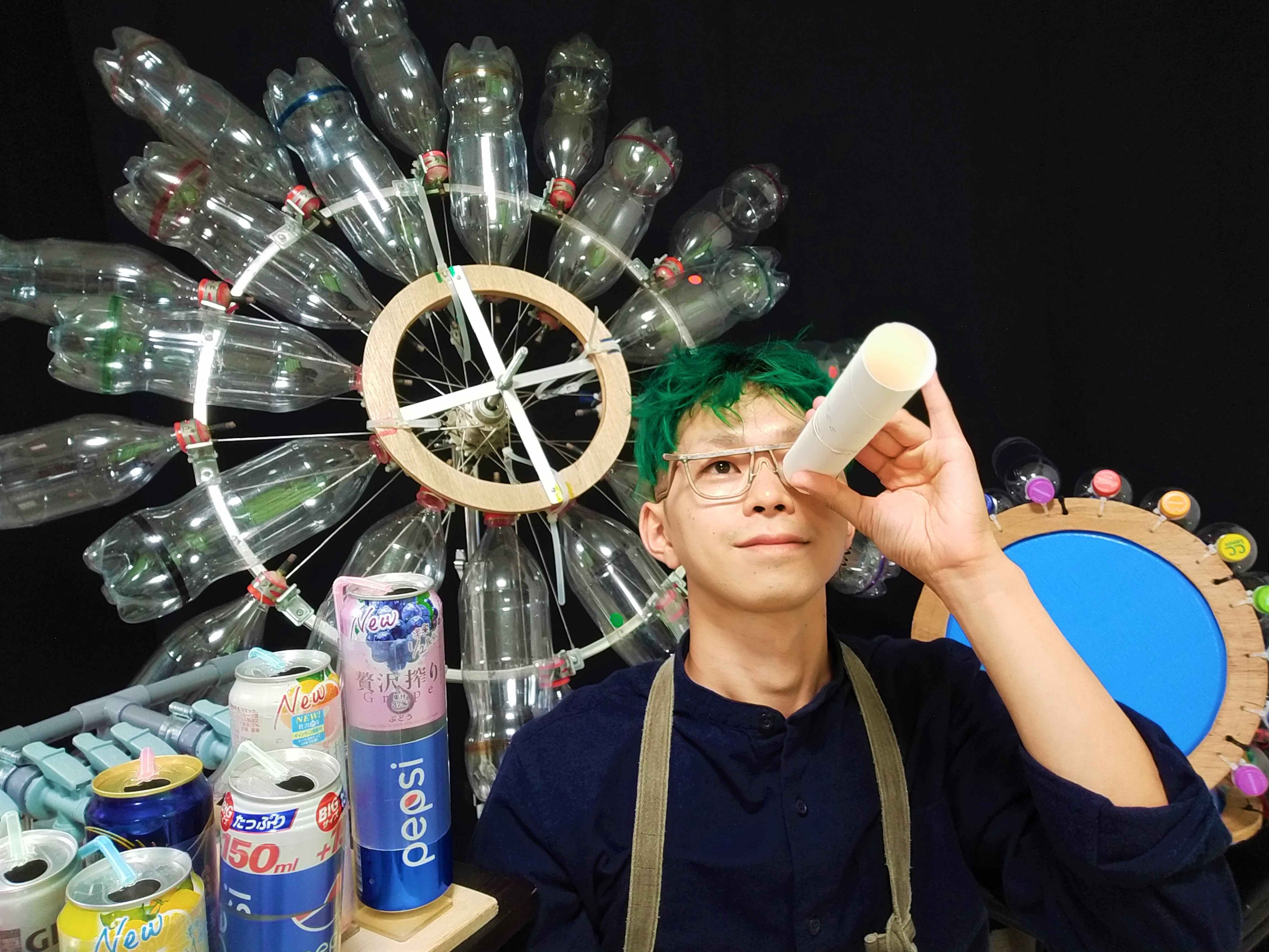
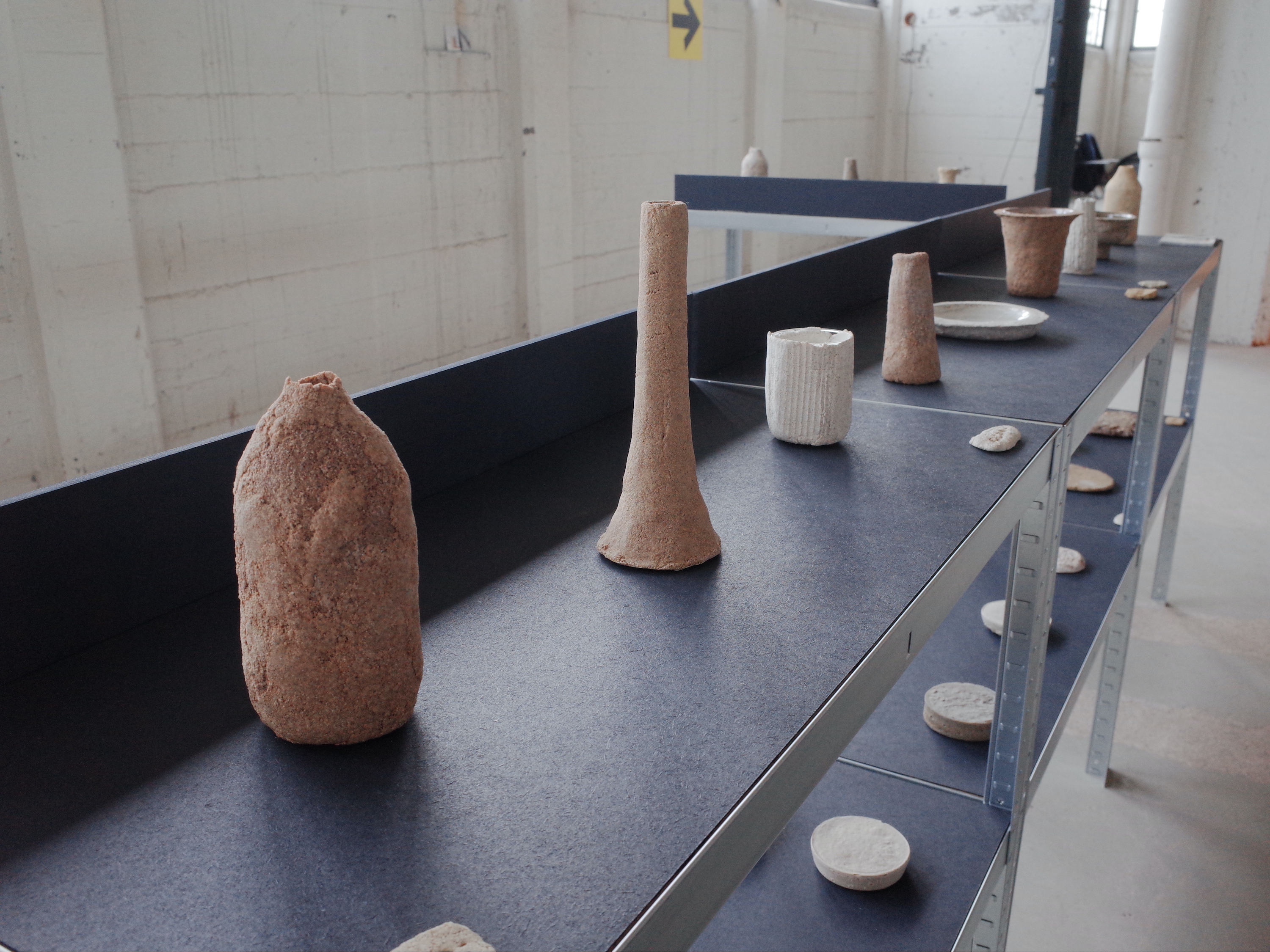
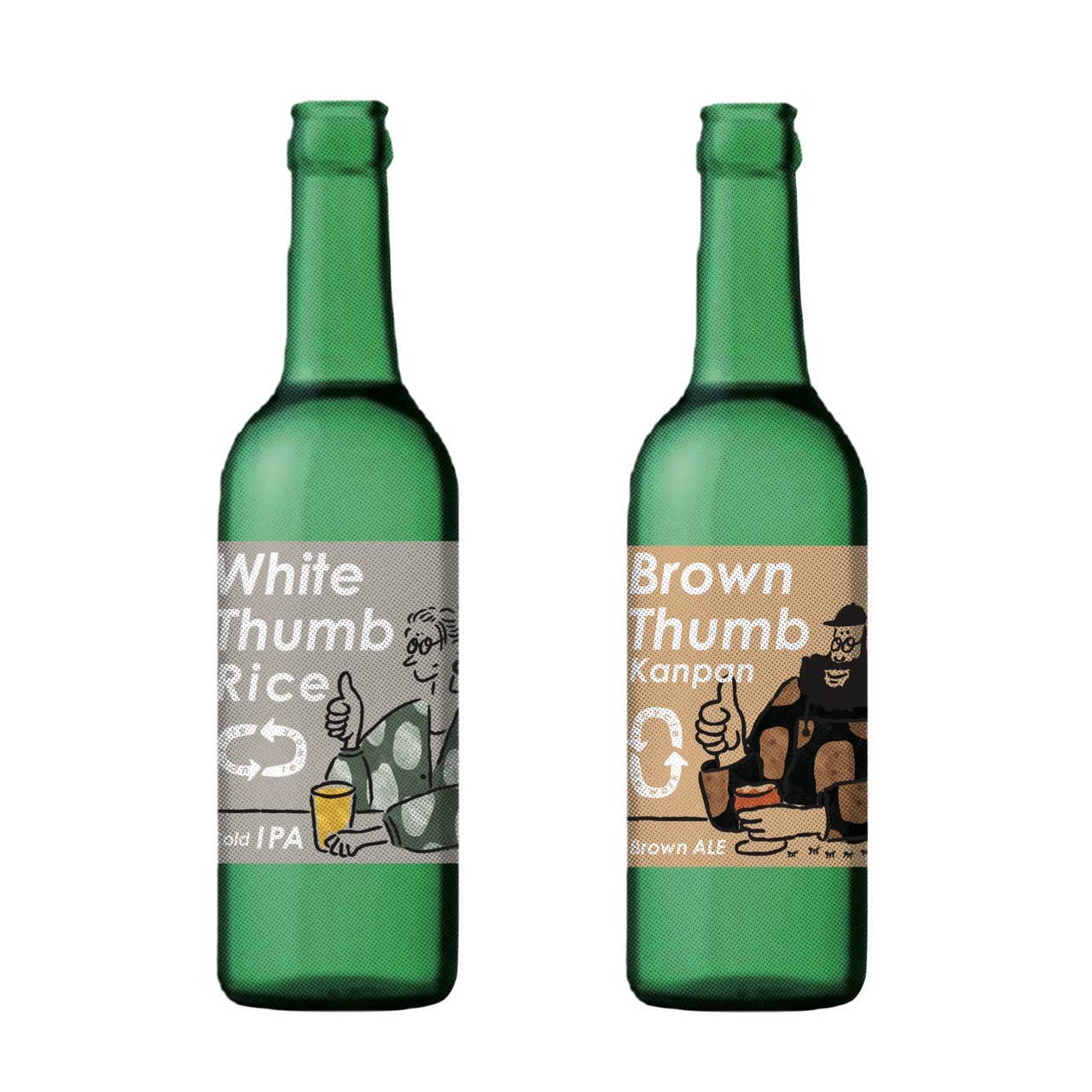

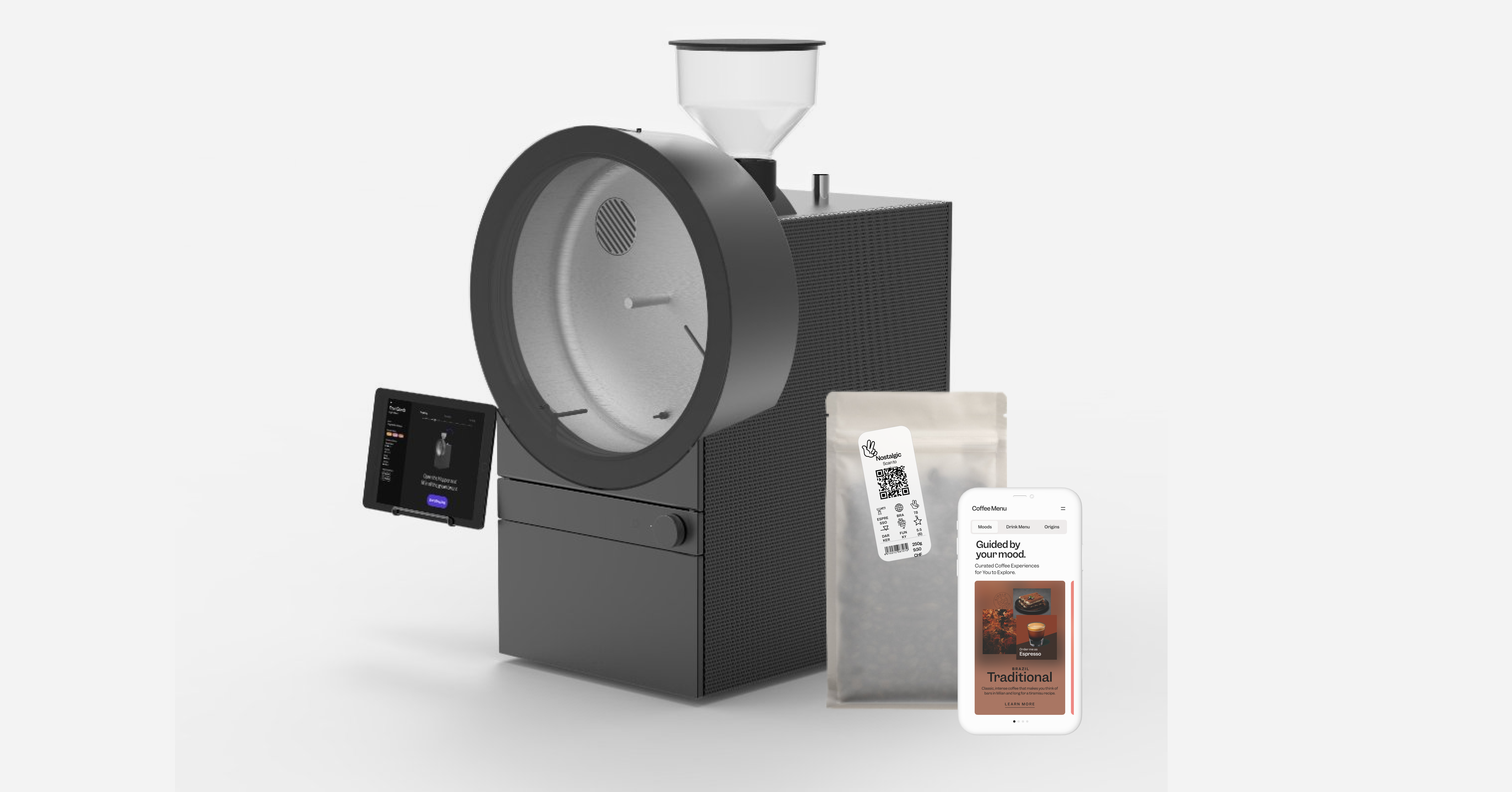

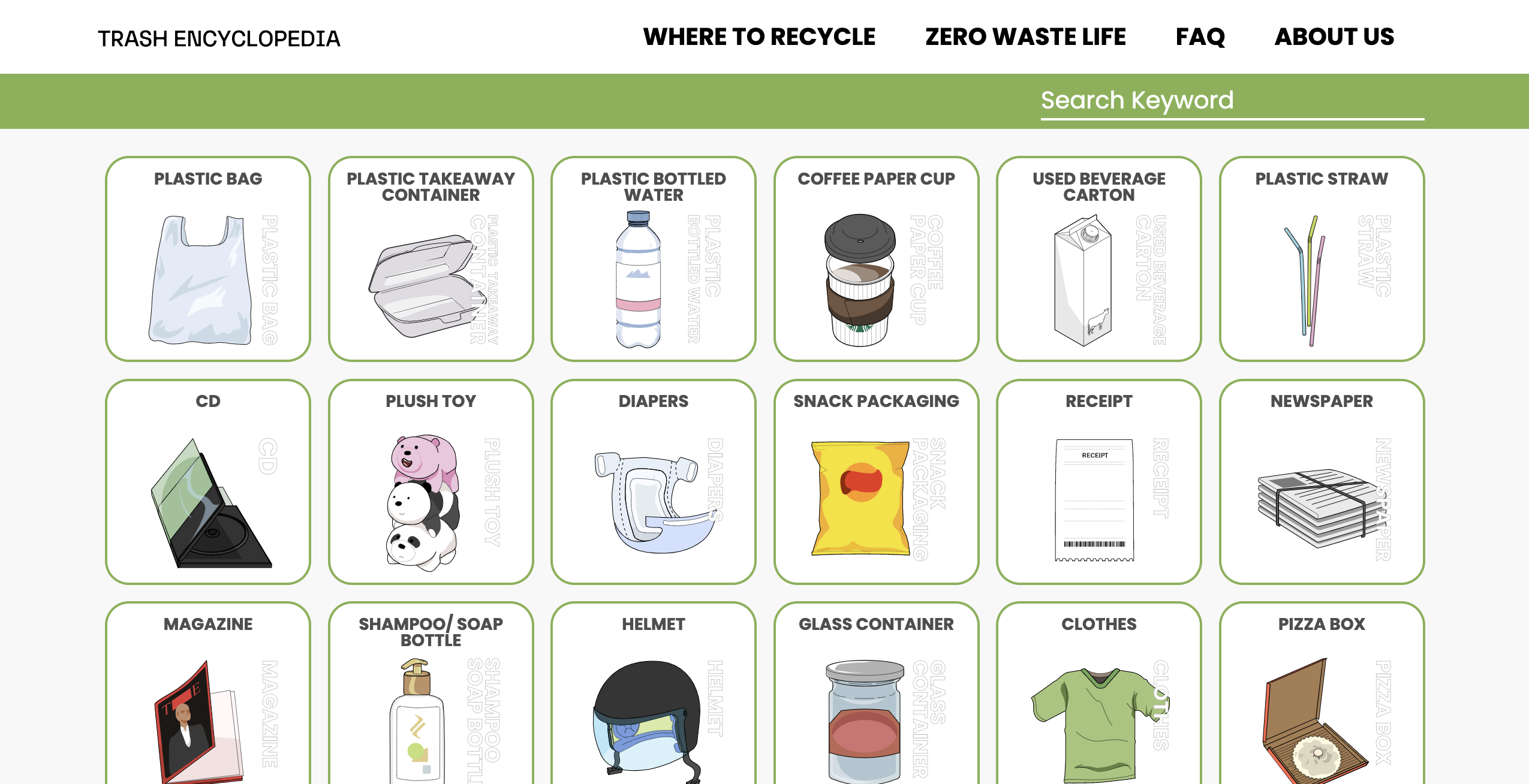
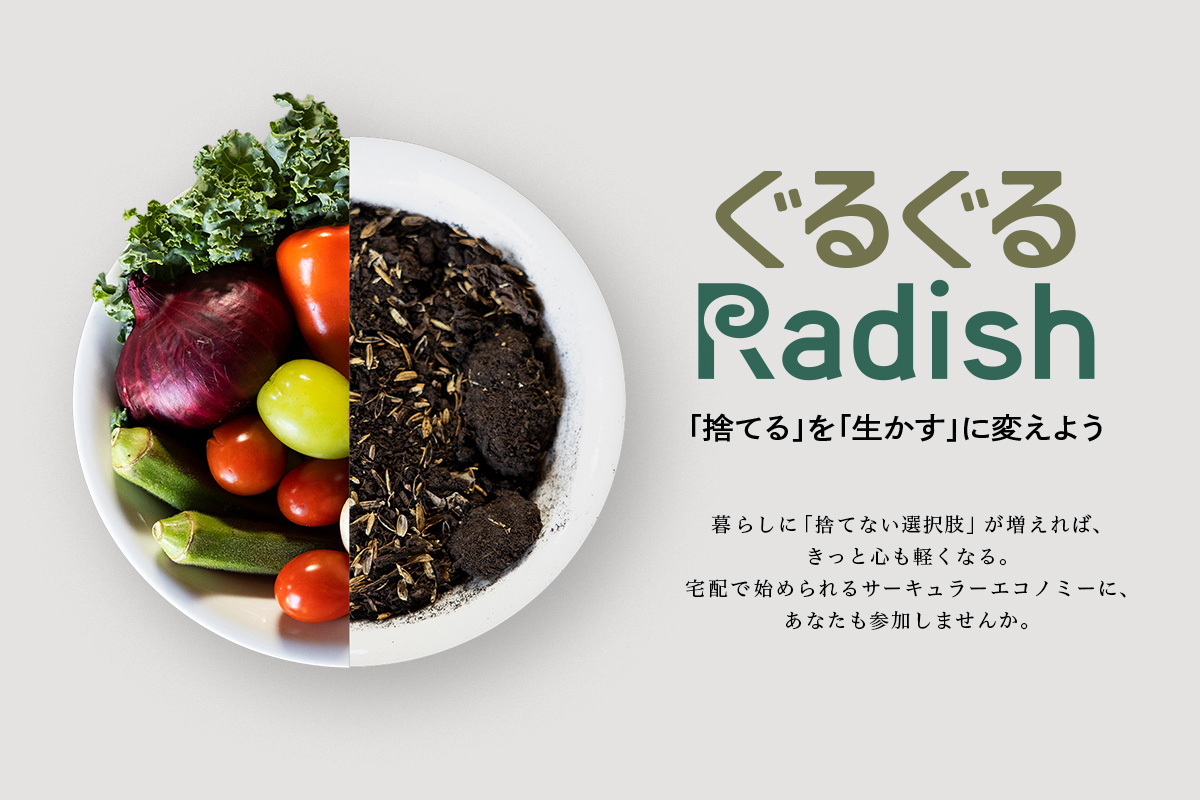
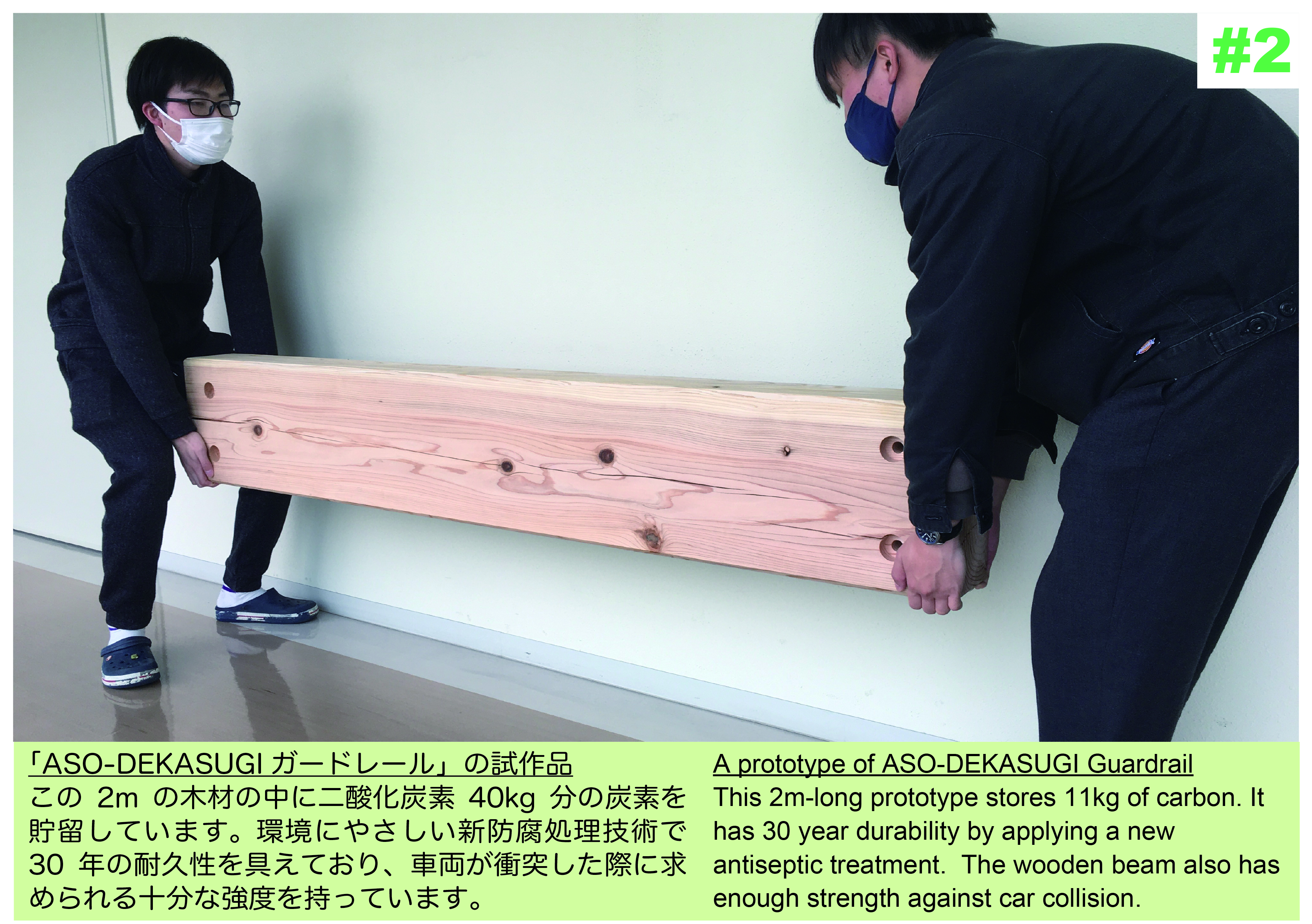
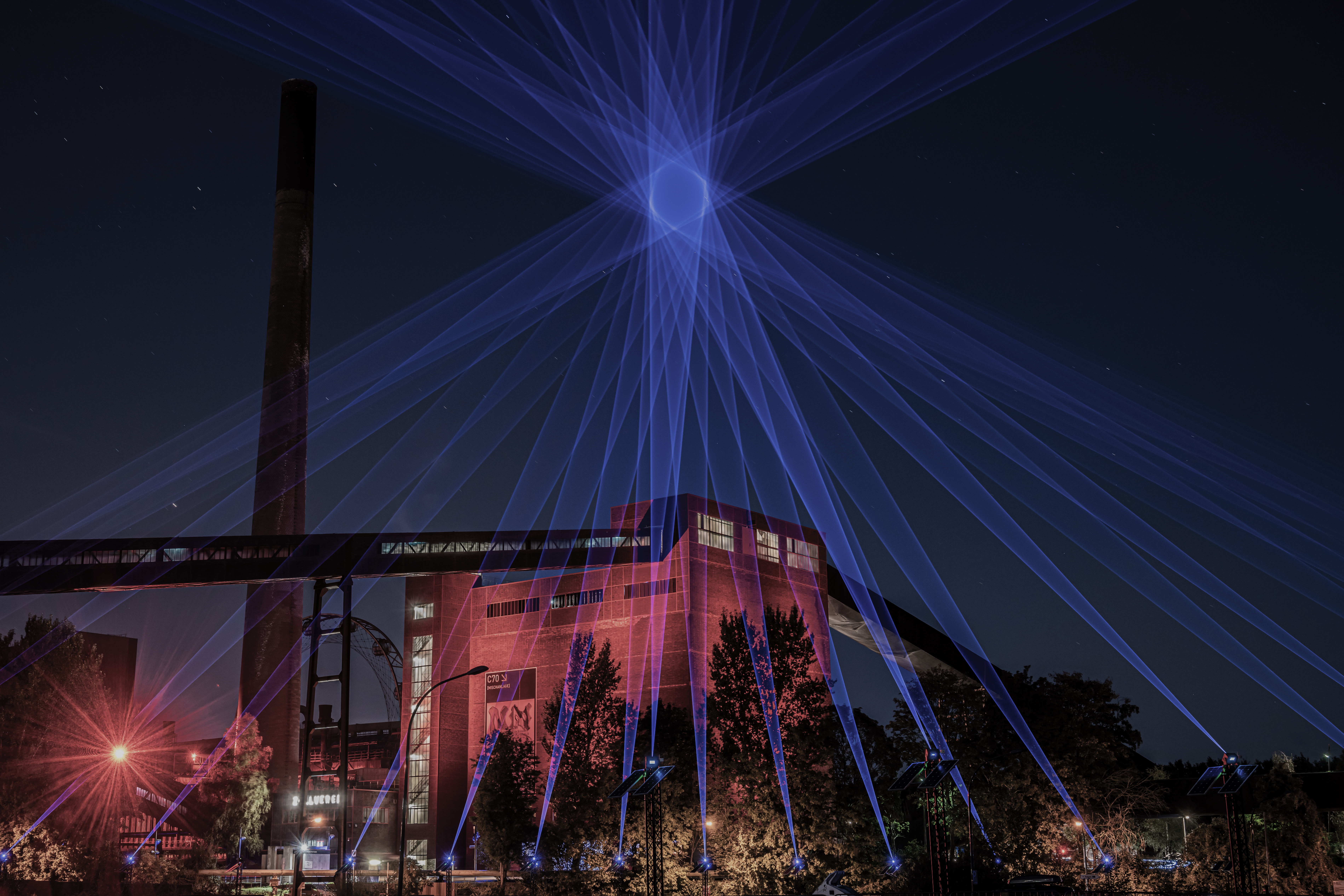
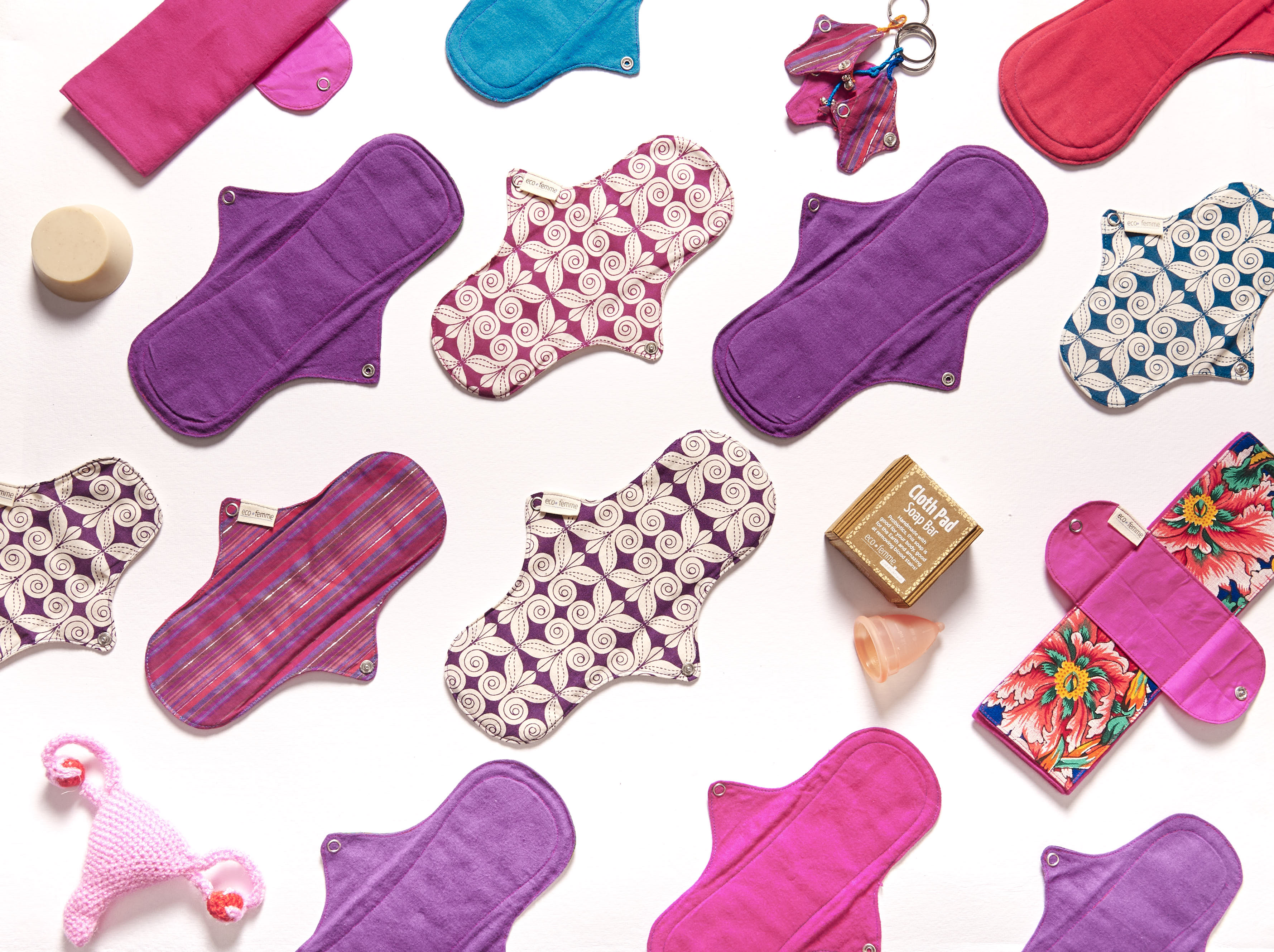
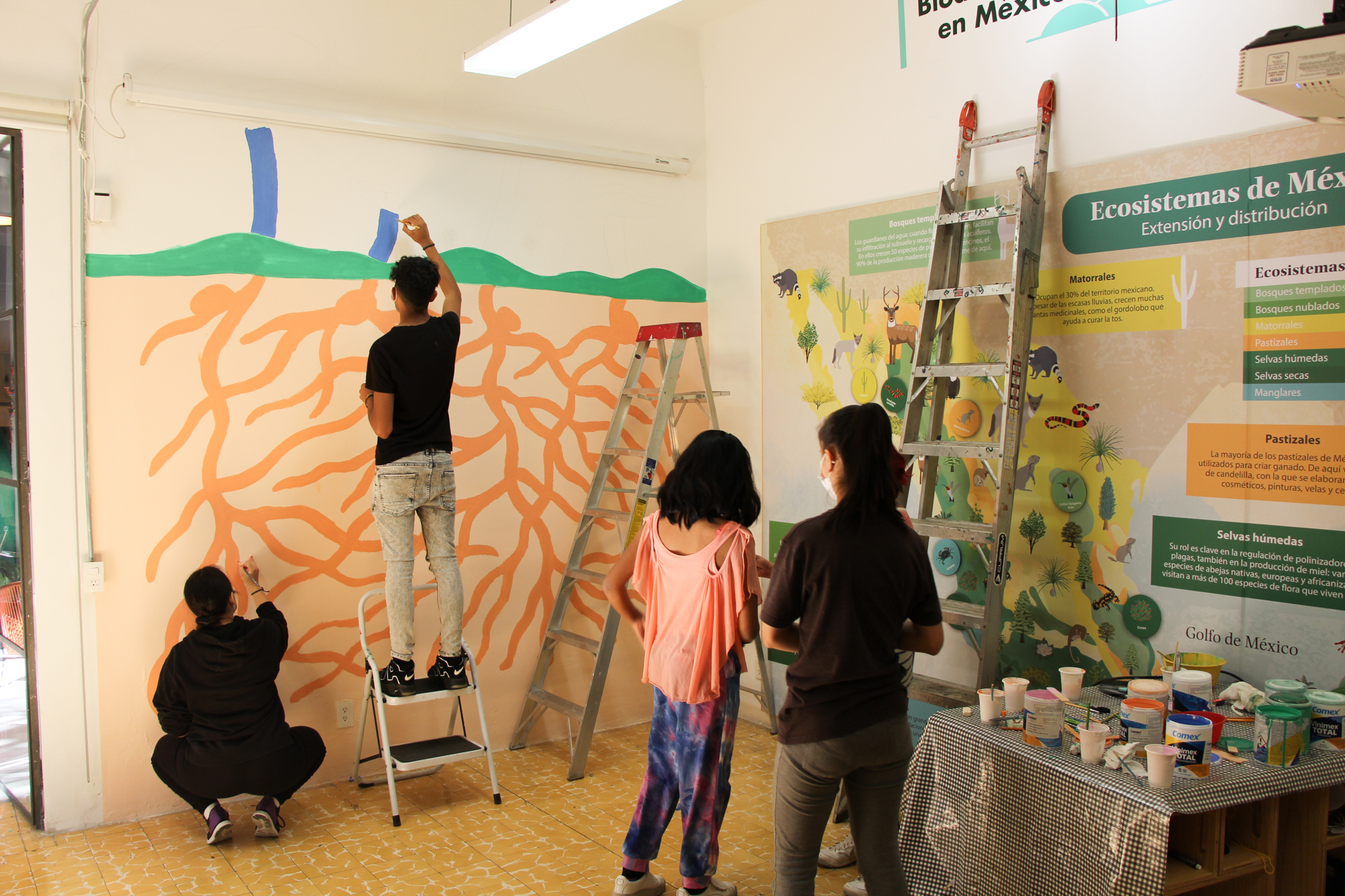
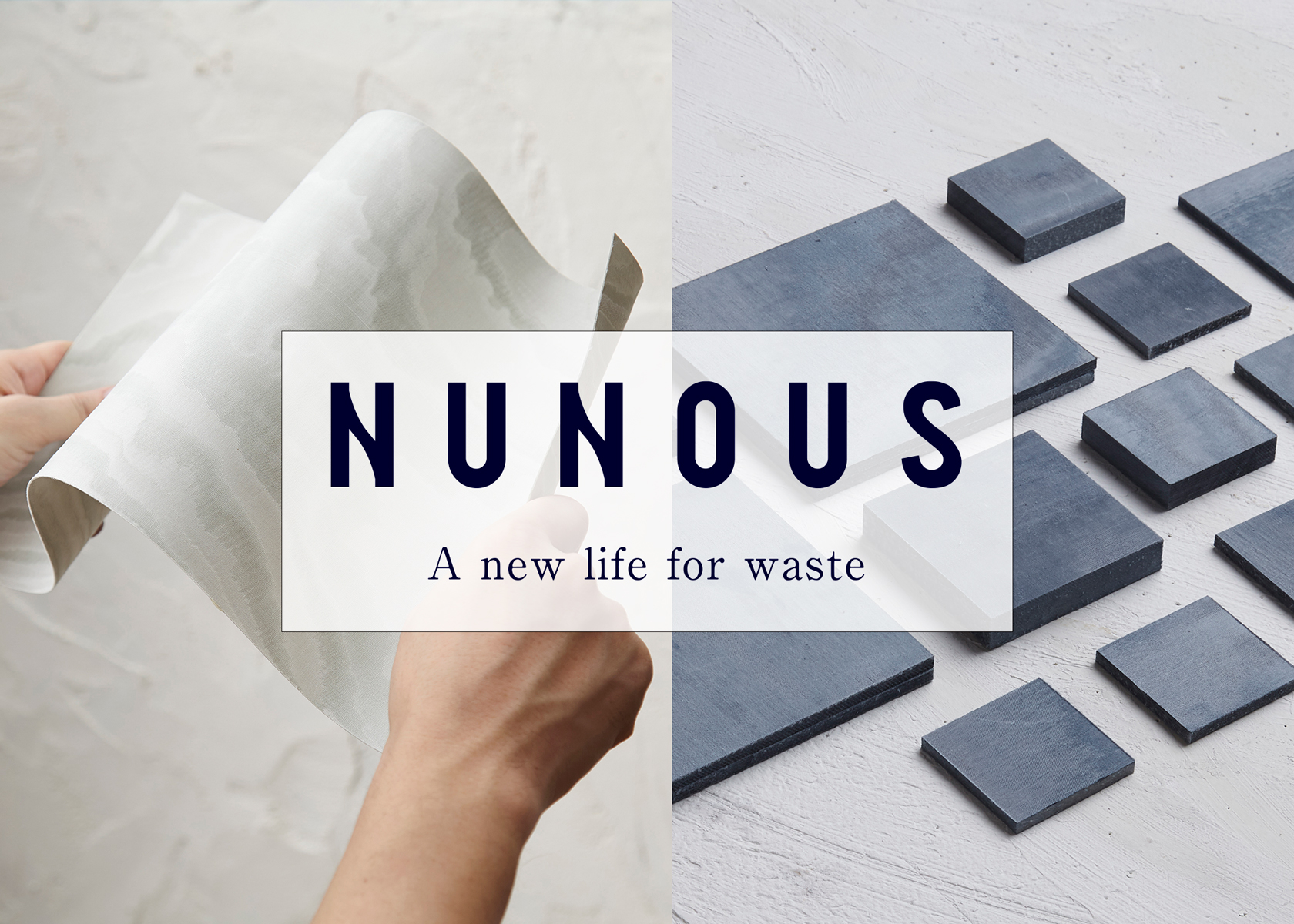
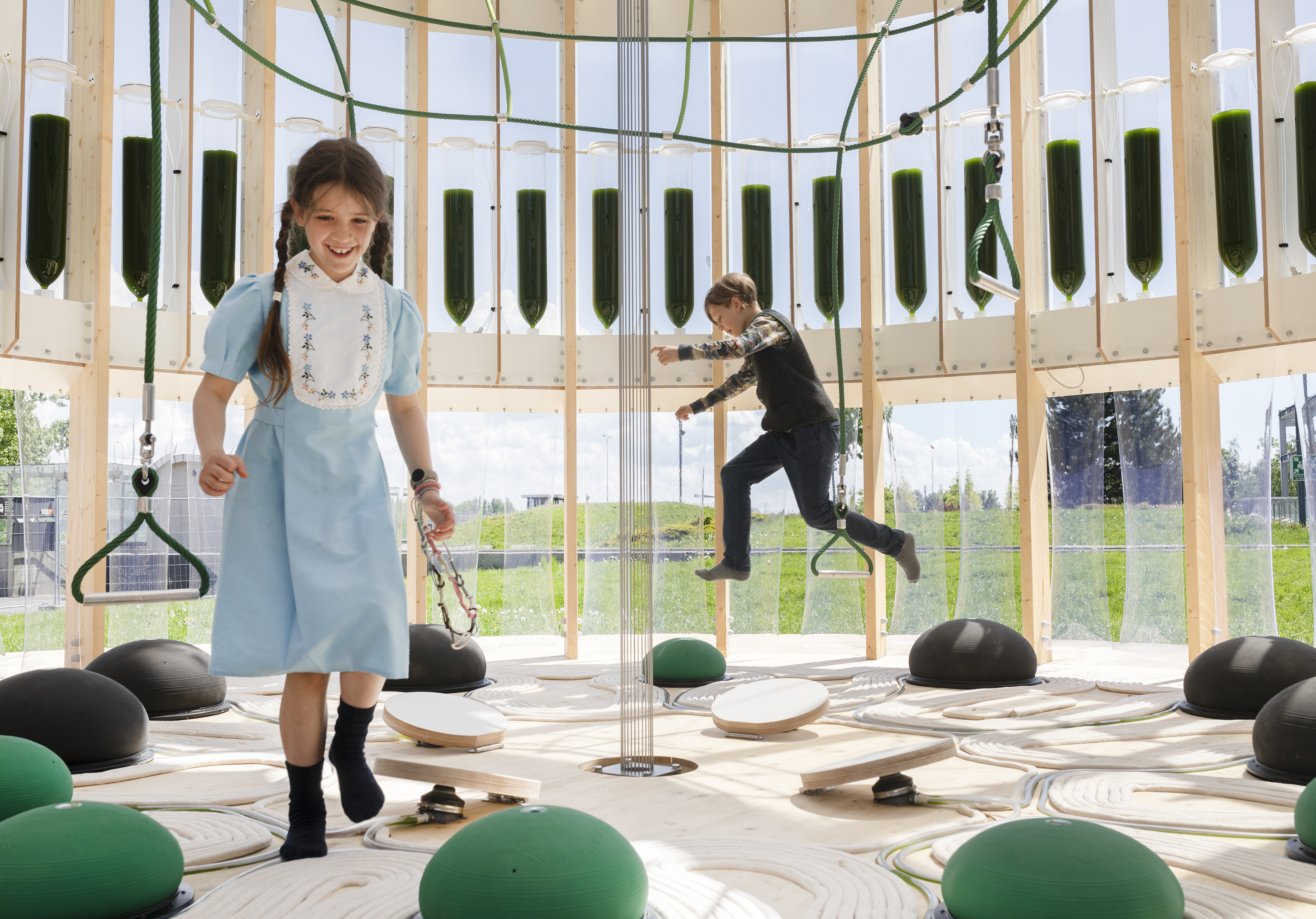
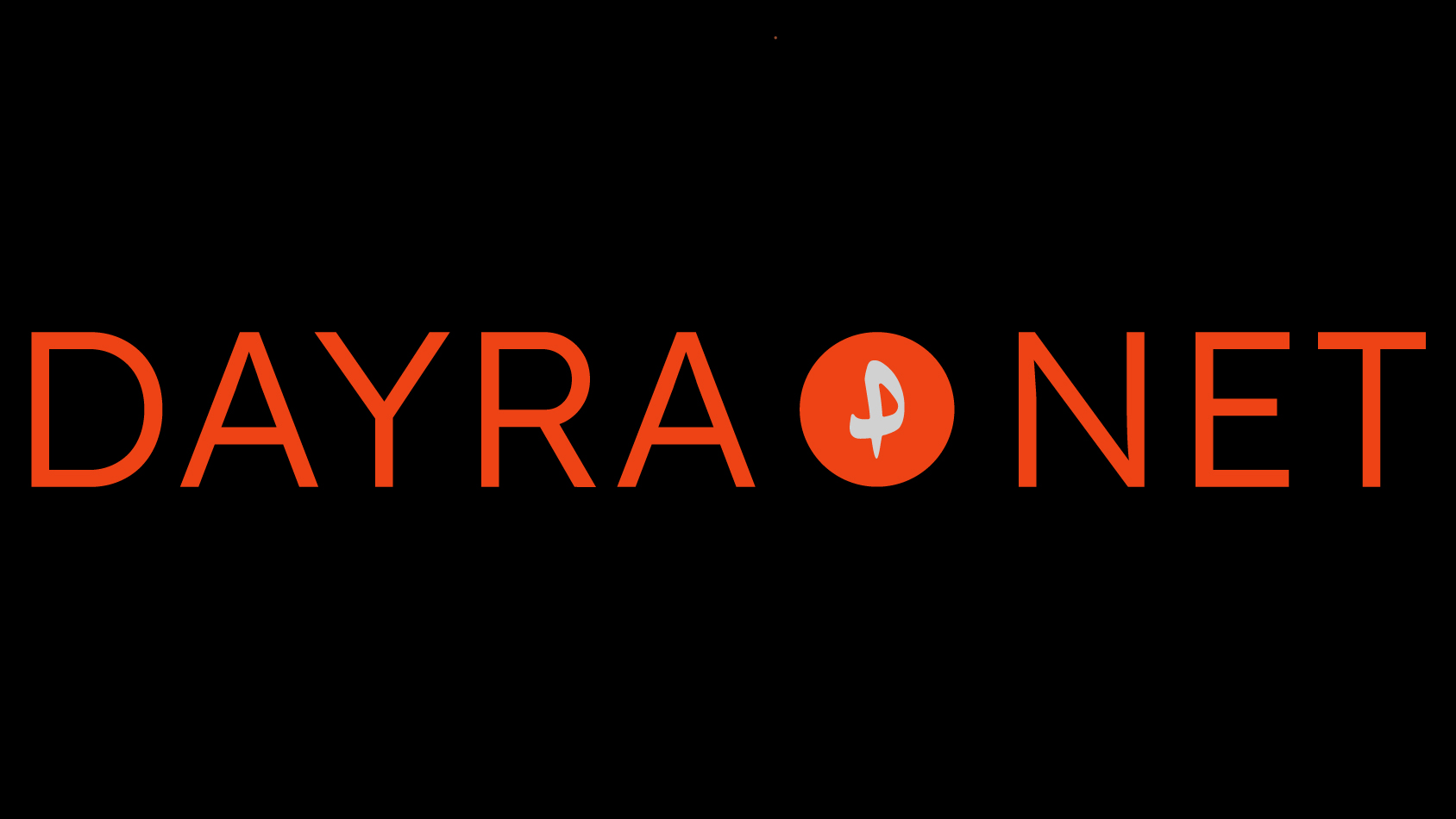
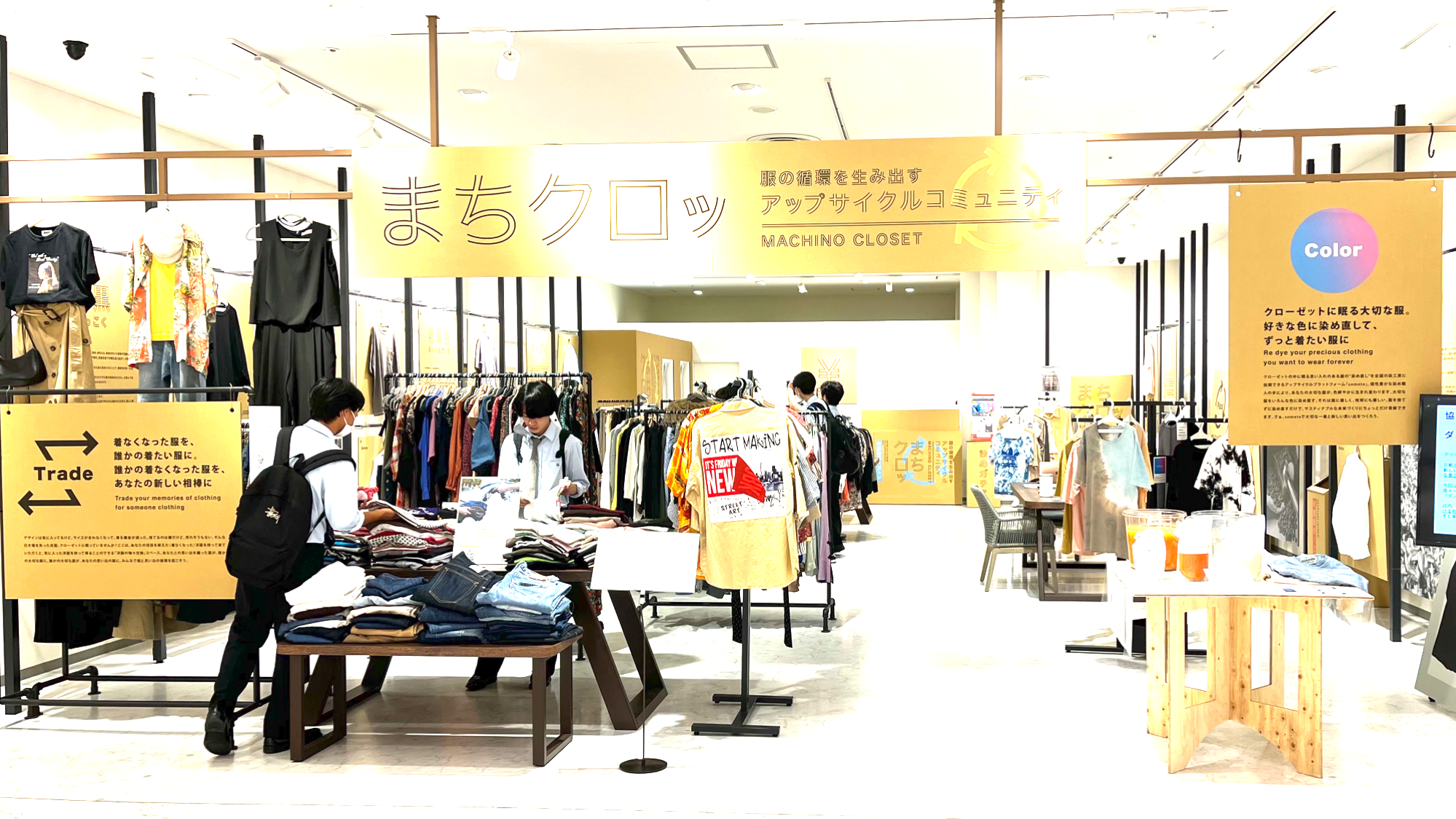
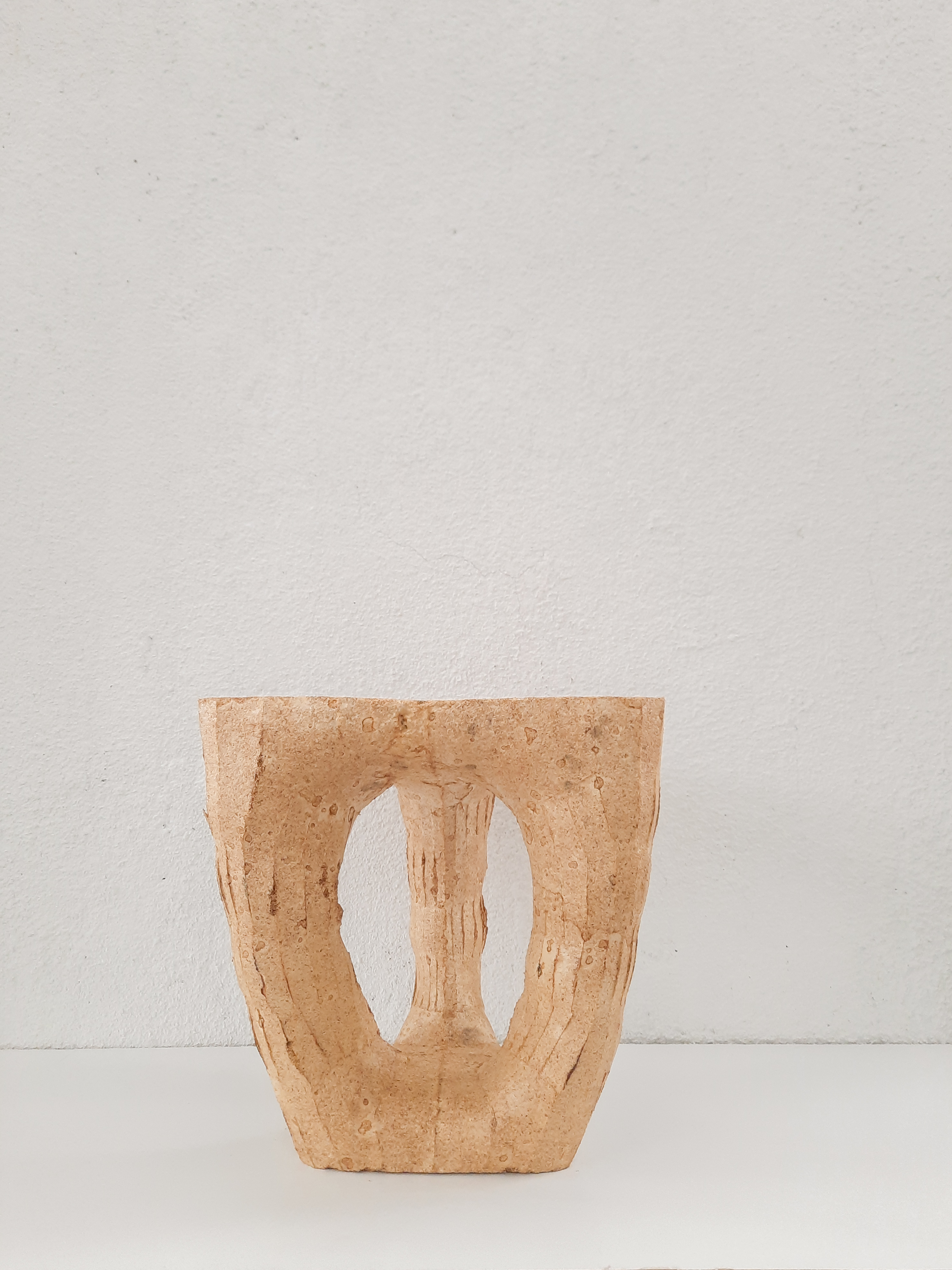
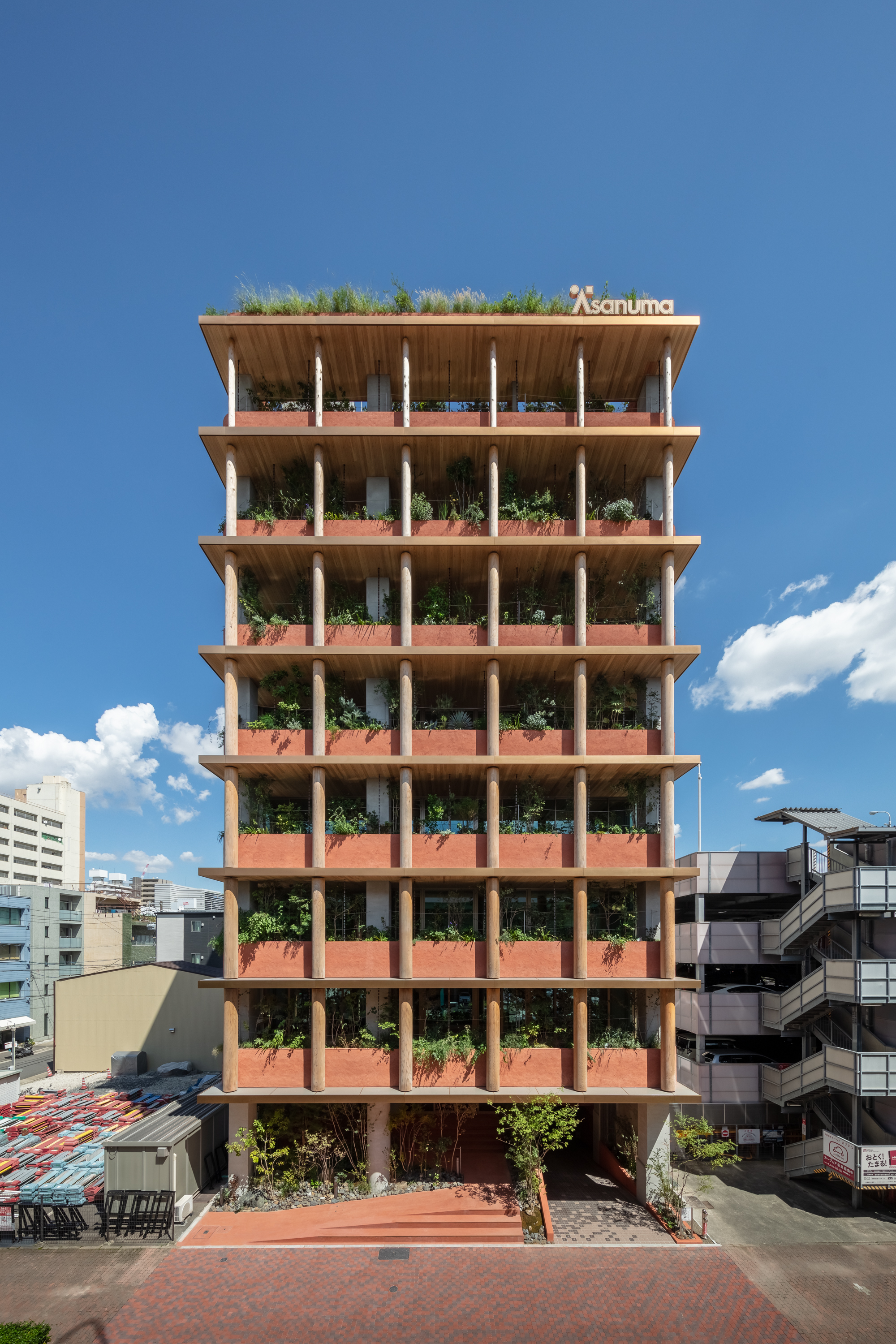

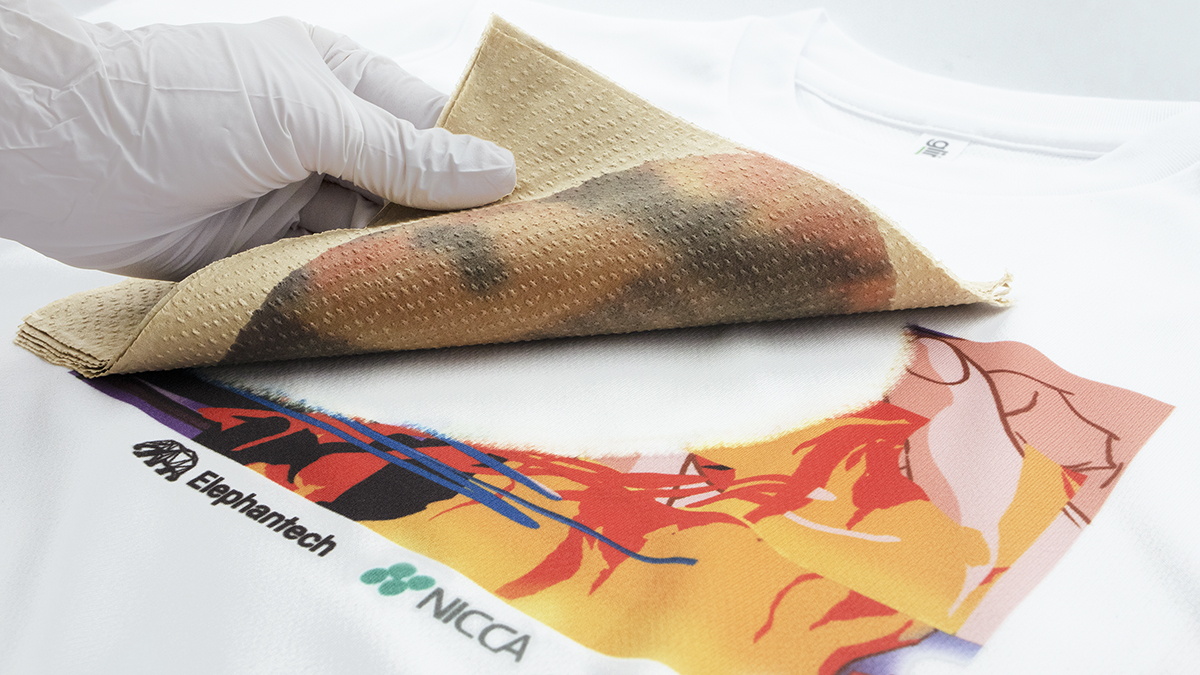
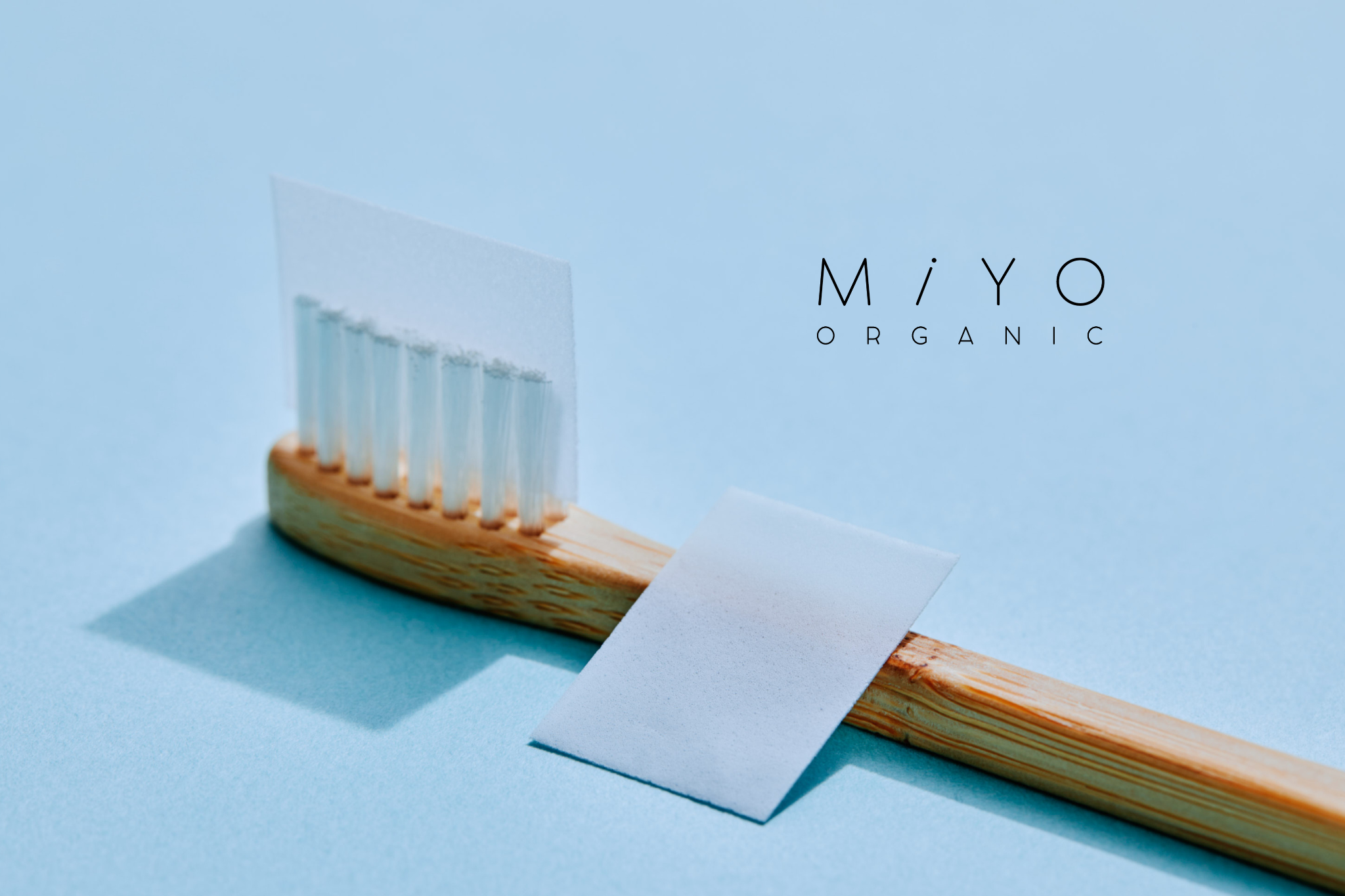
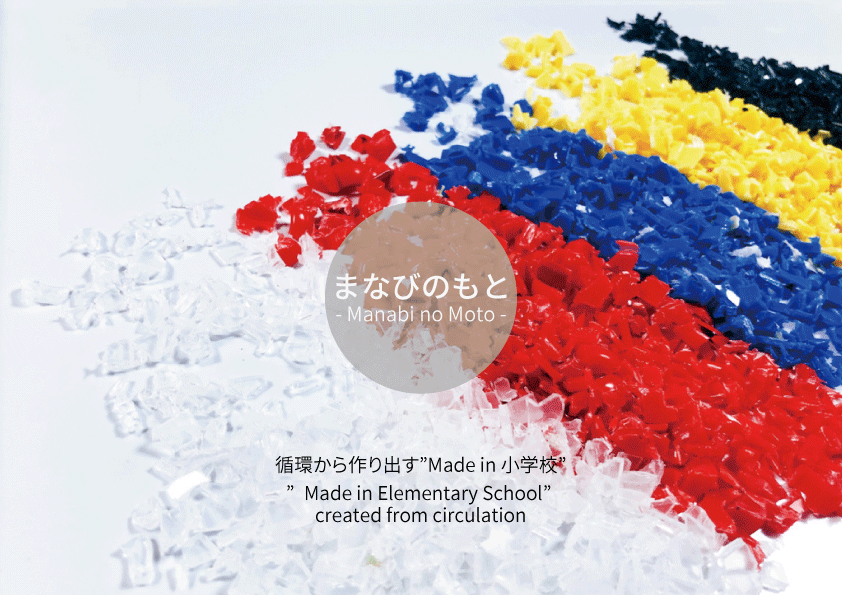
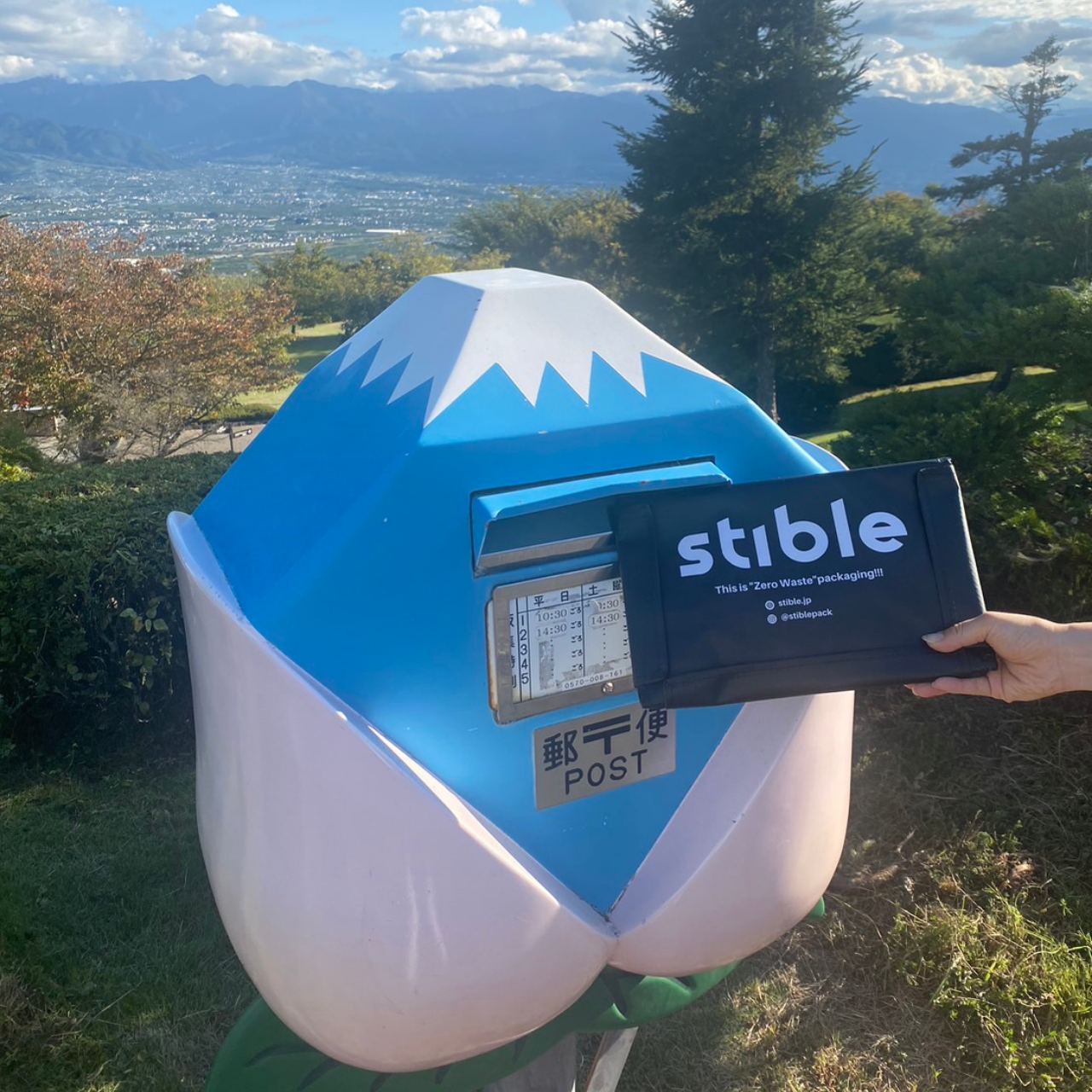
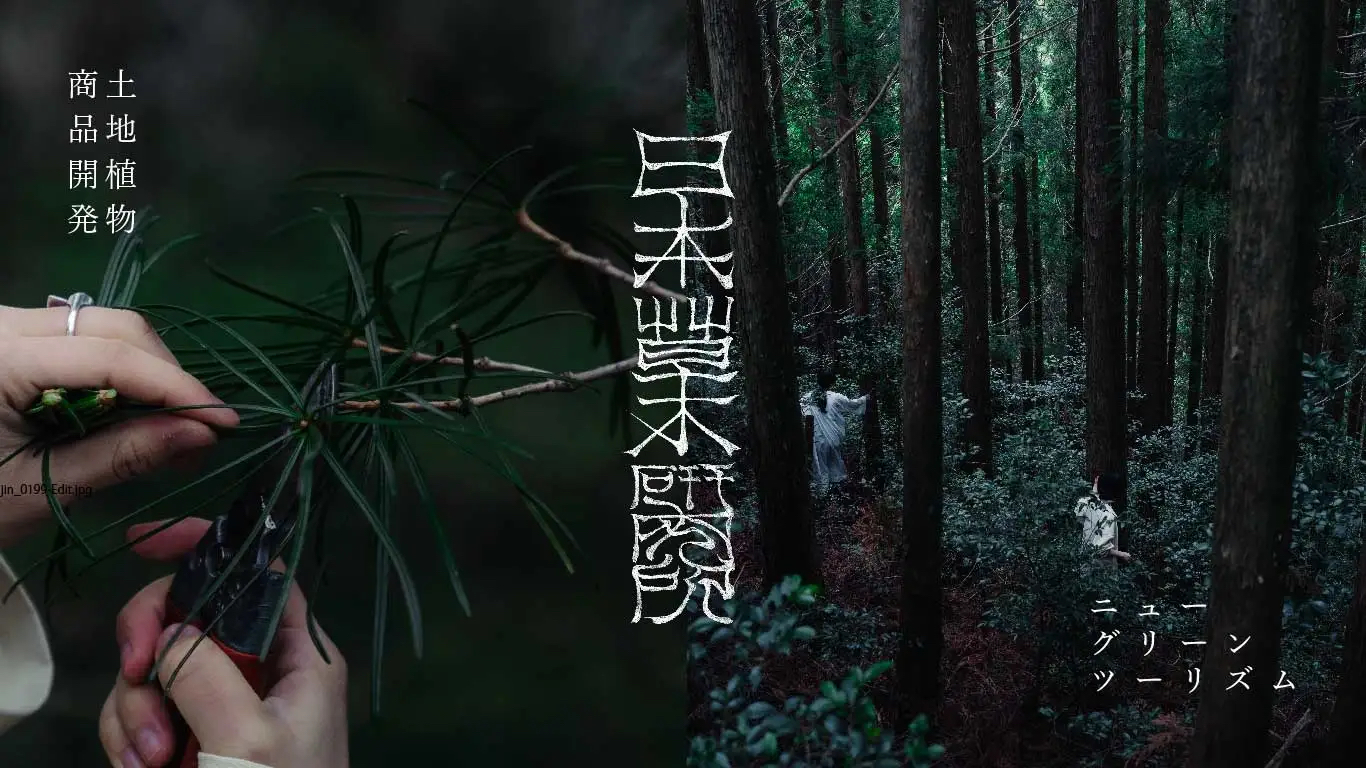
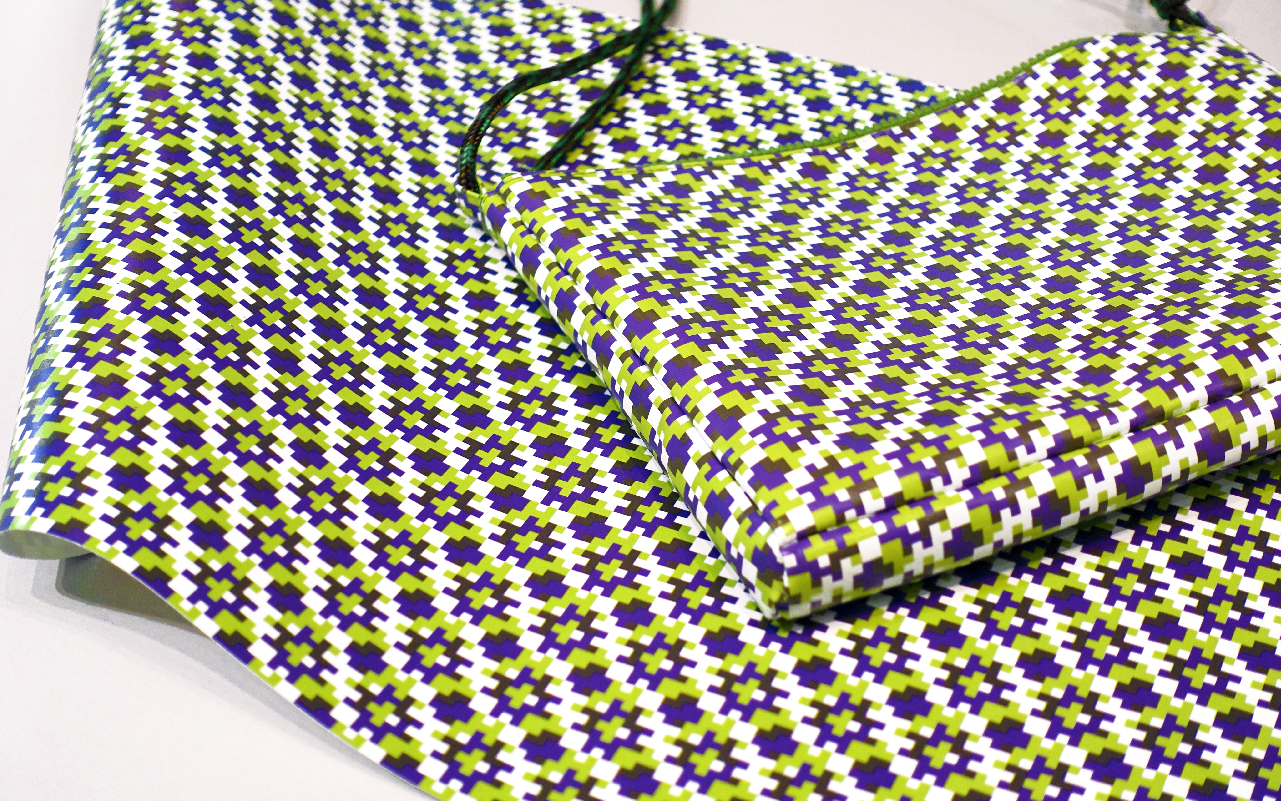
Comments from Judges
Noriko Ishizaka
President of Ishizaka Inc.
New Type Natural Capital Prize
The unique point of view expressed here is that we have the option of becoming a natural resource ourselves as members of a free society. This addresses social issues in Japan such as the allocation of land for cemeteries and the long-term management of graves. There will likely be some legal issues around burial laws, but I hope these can be resolved so that this unique idea becomes widely circulated.
See All Winners